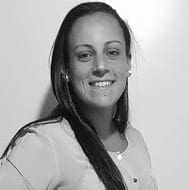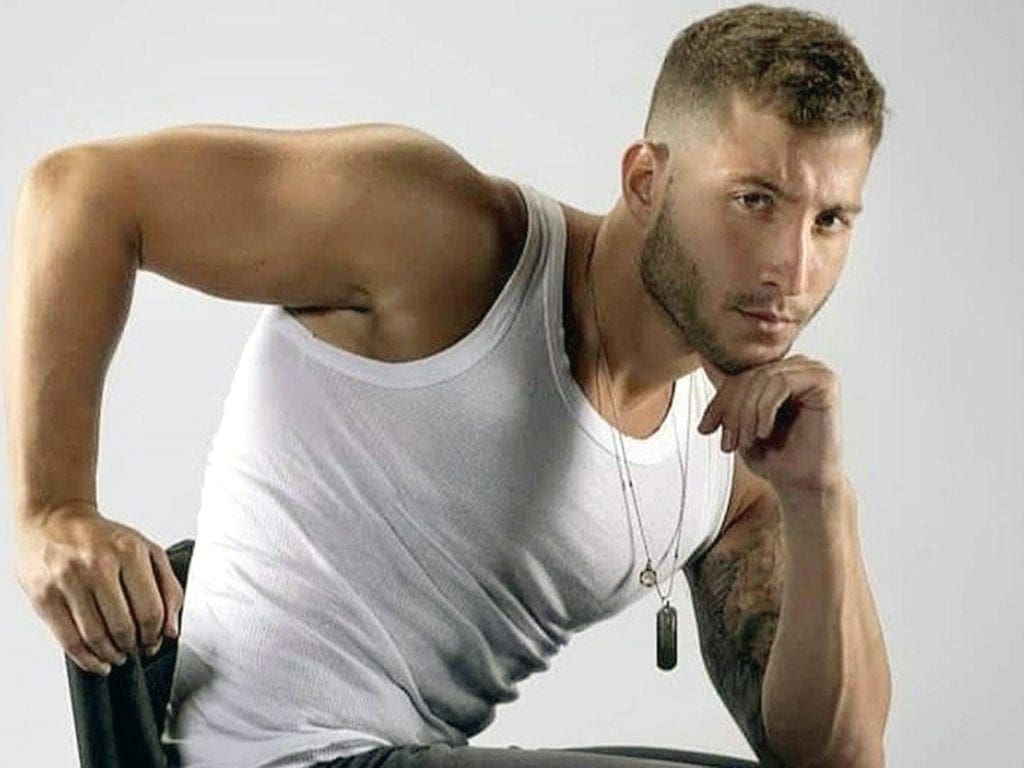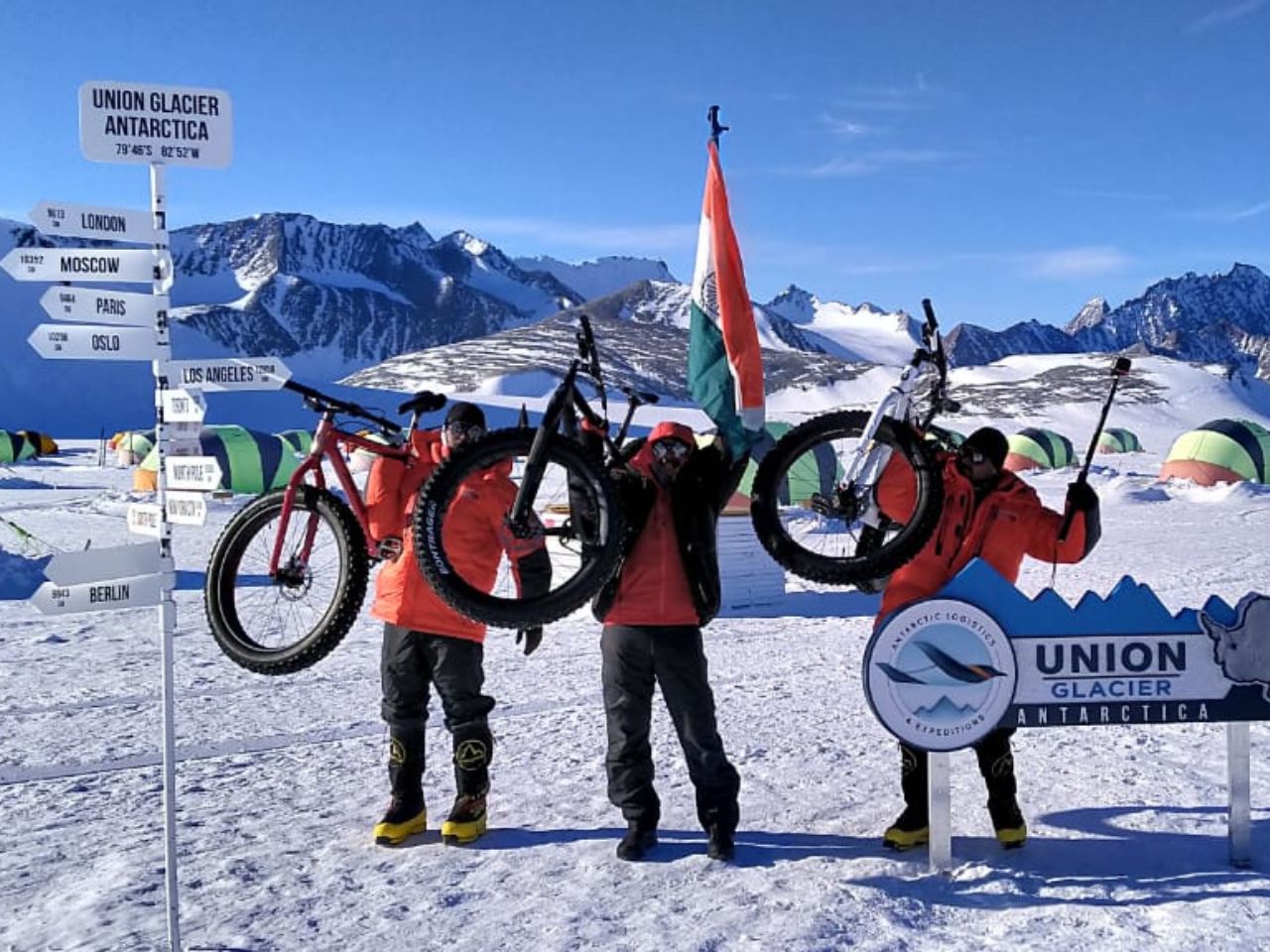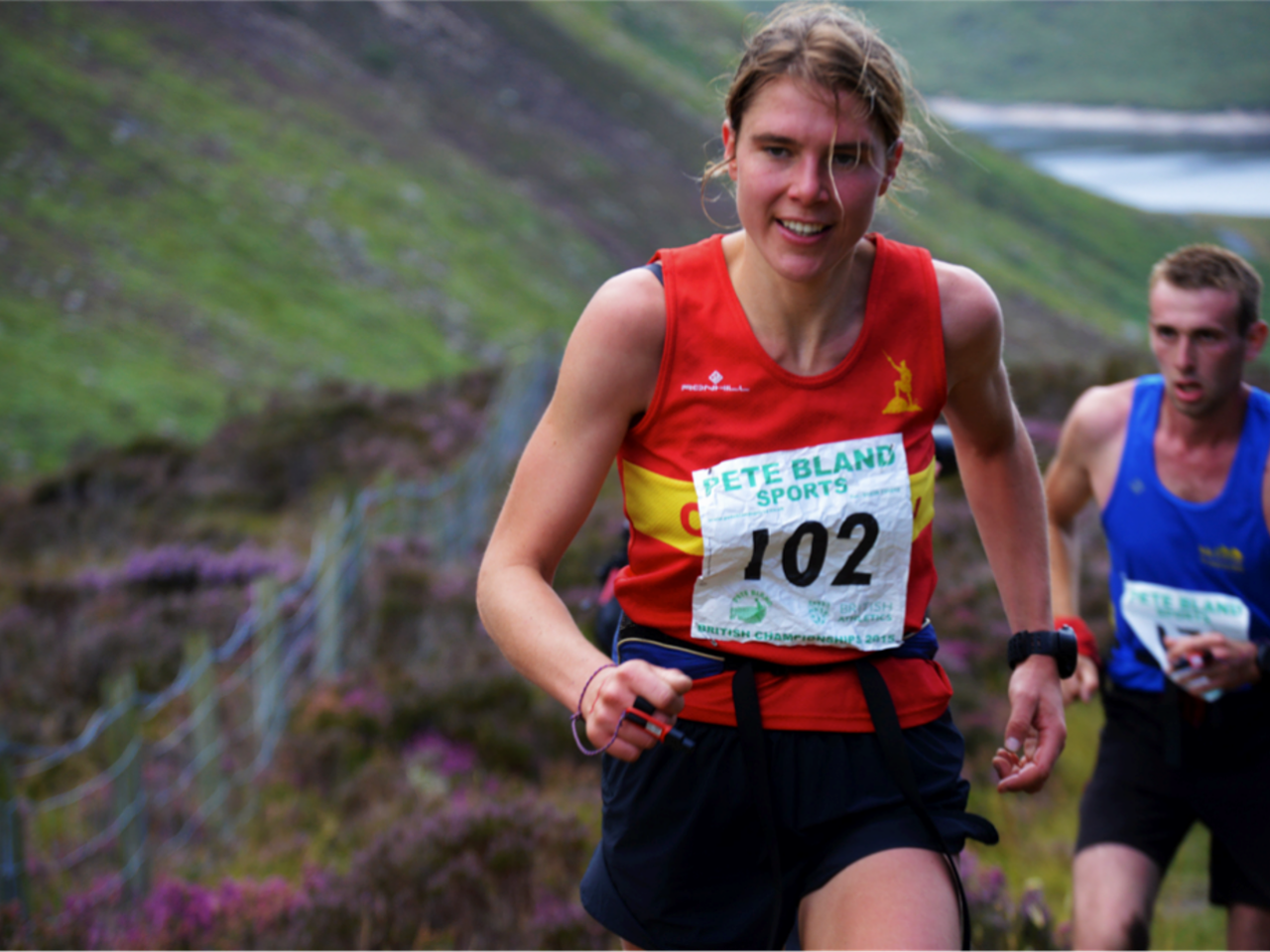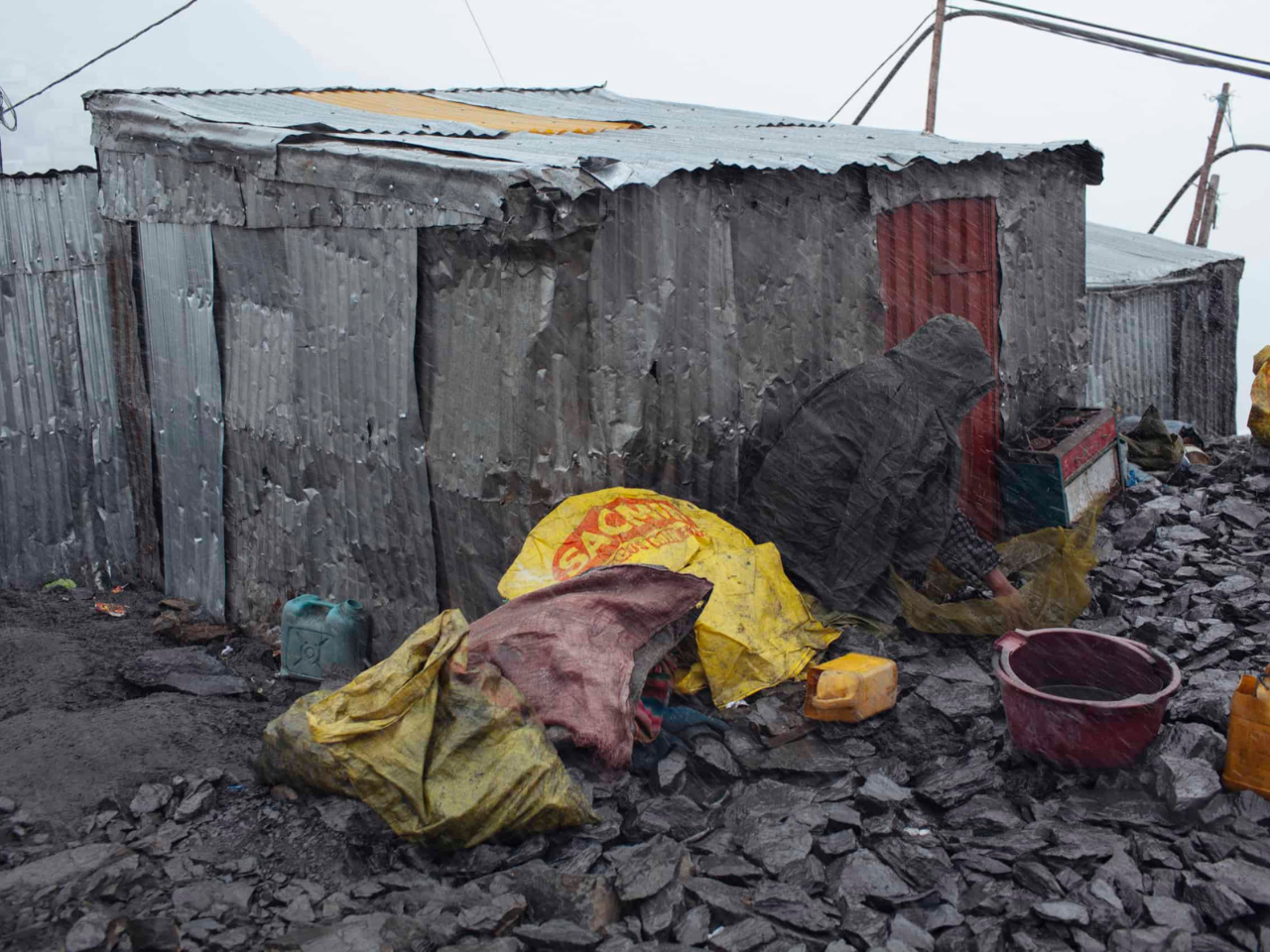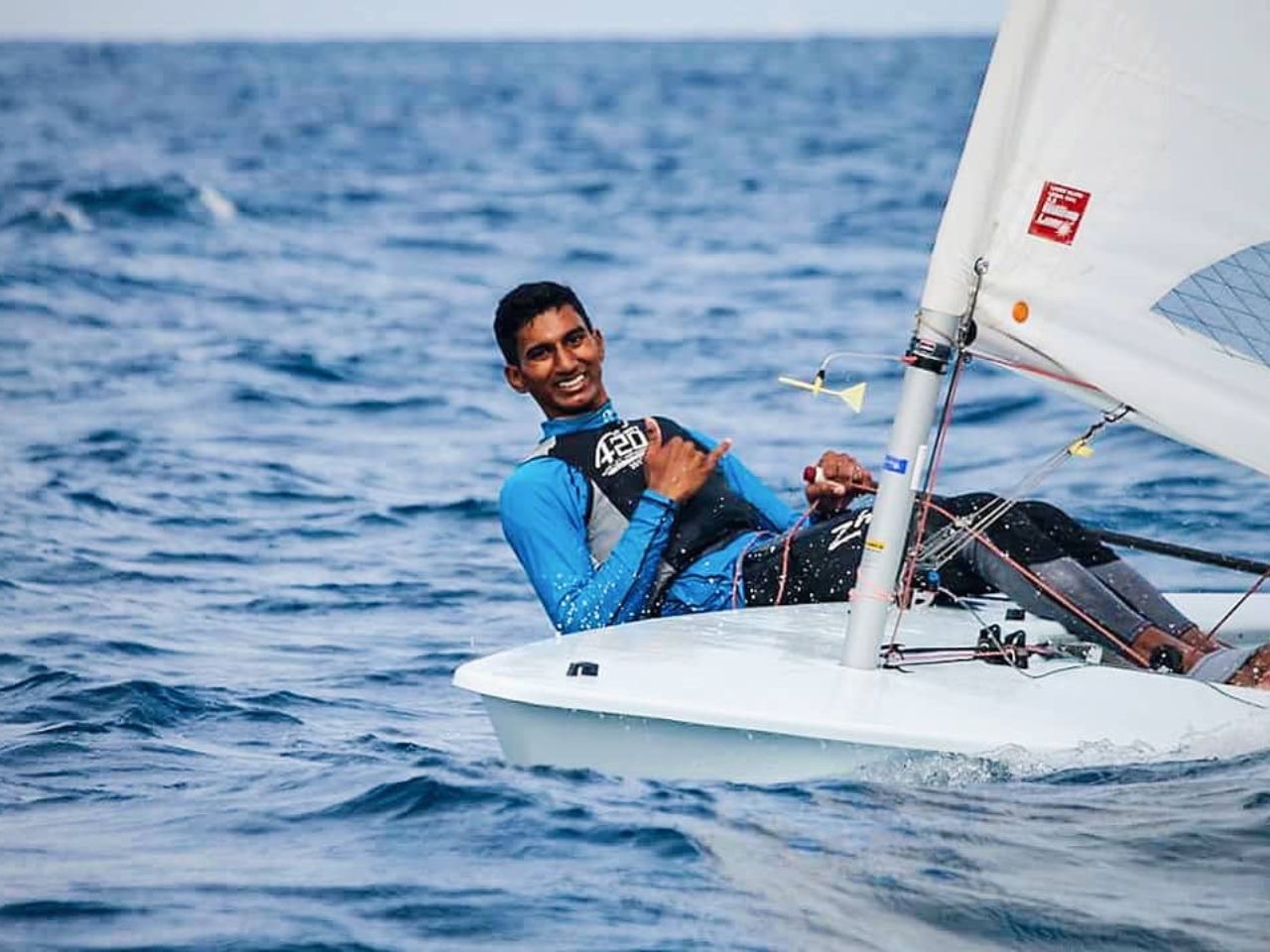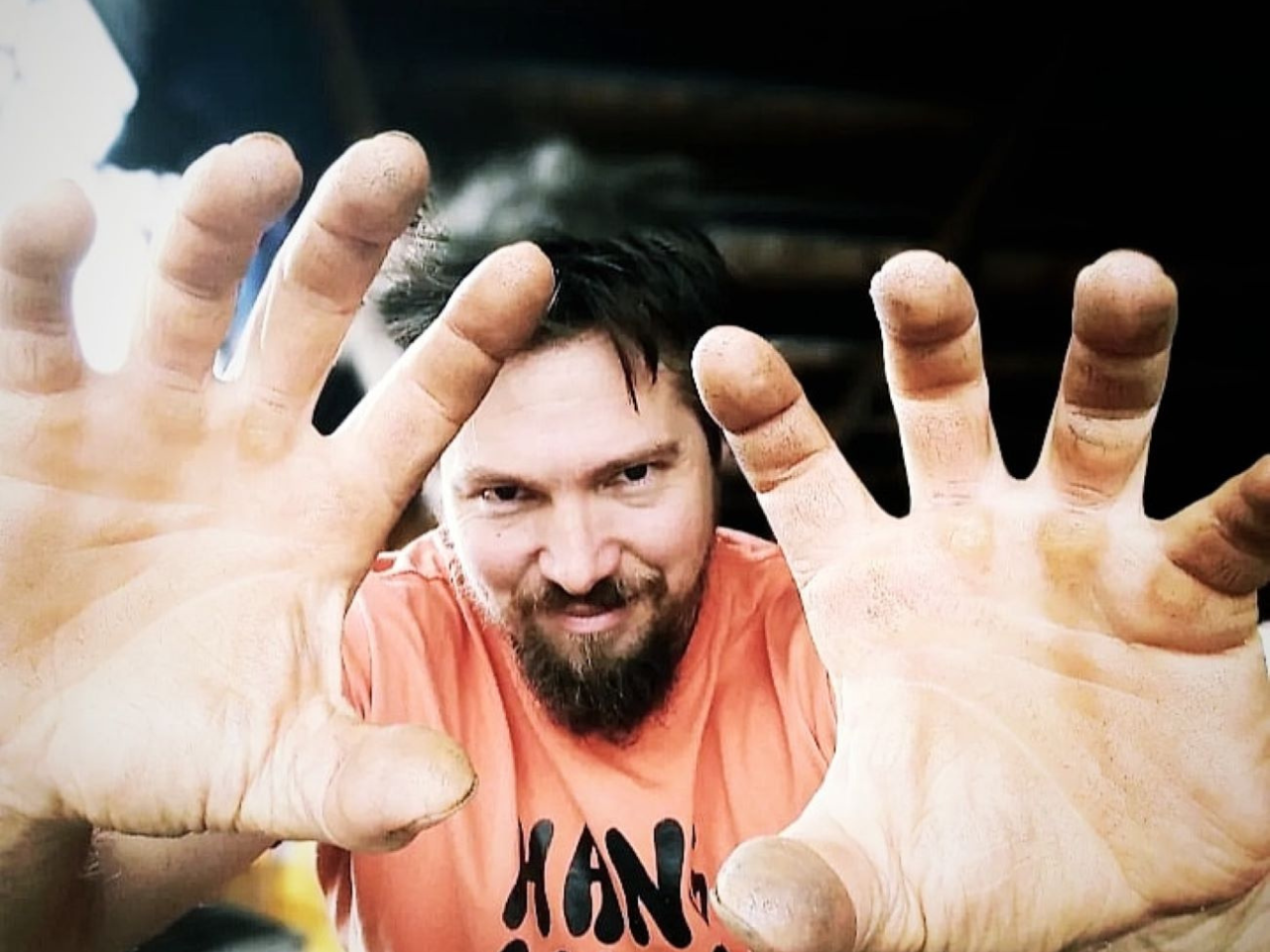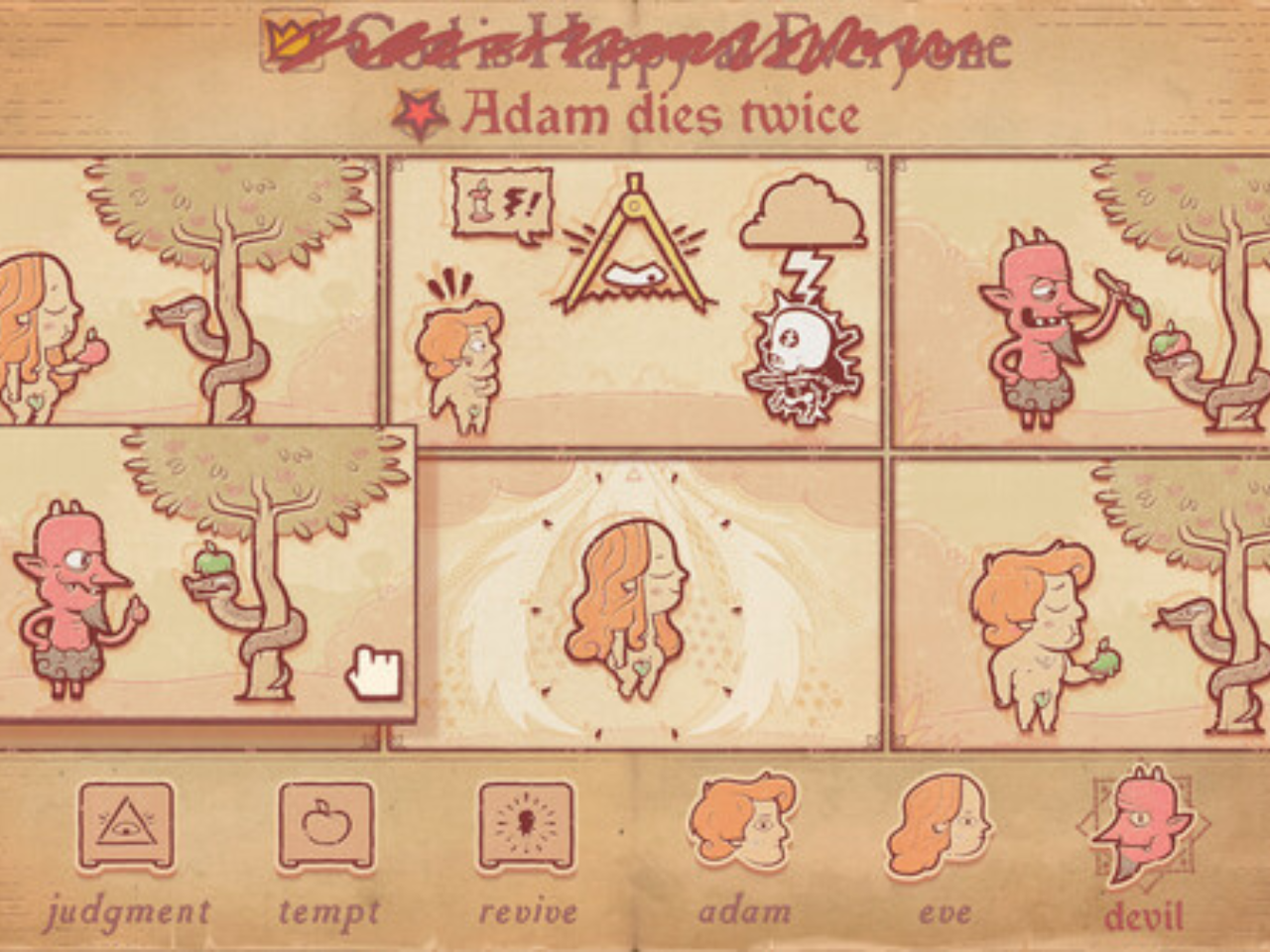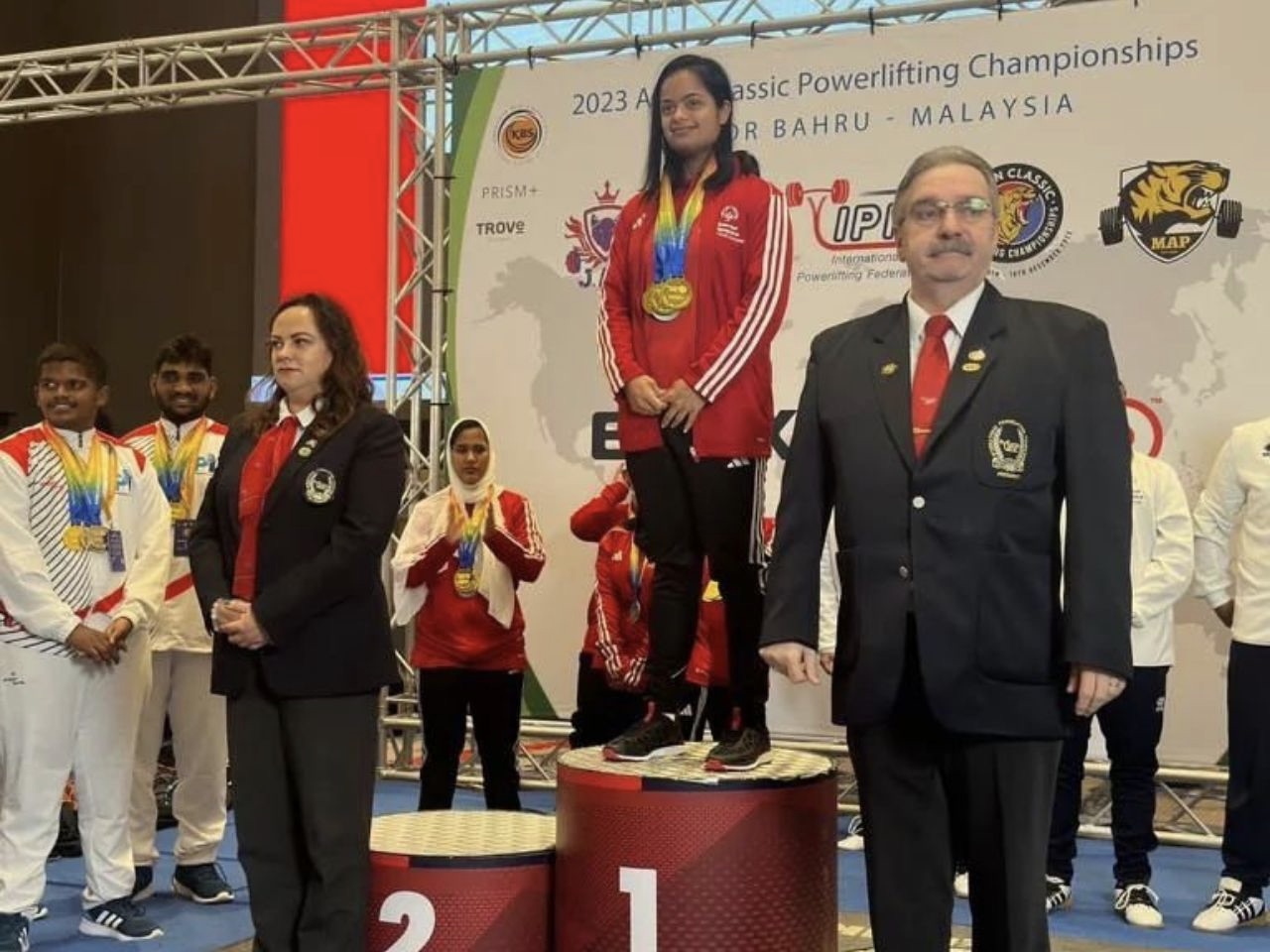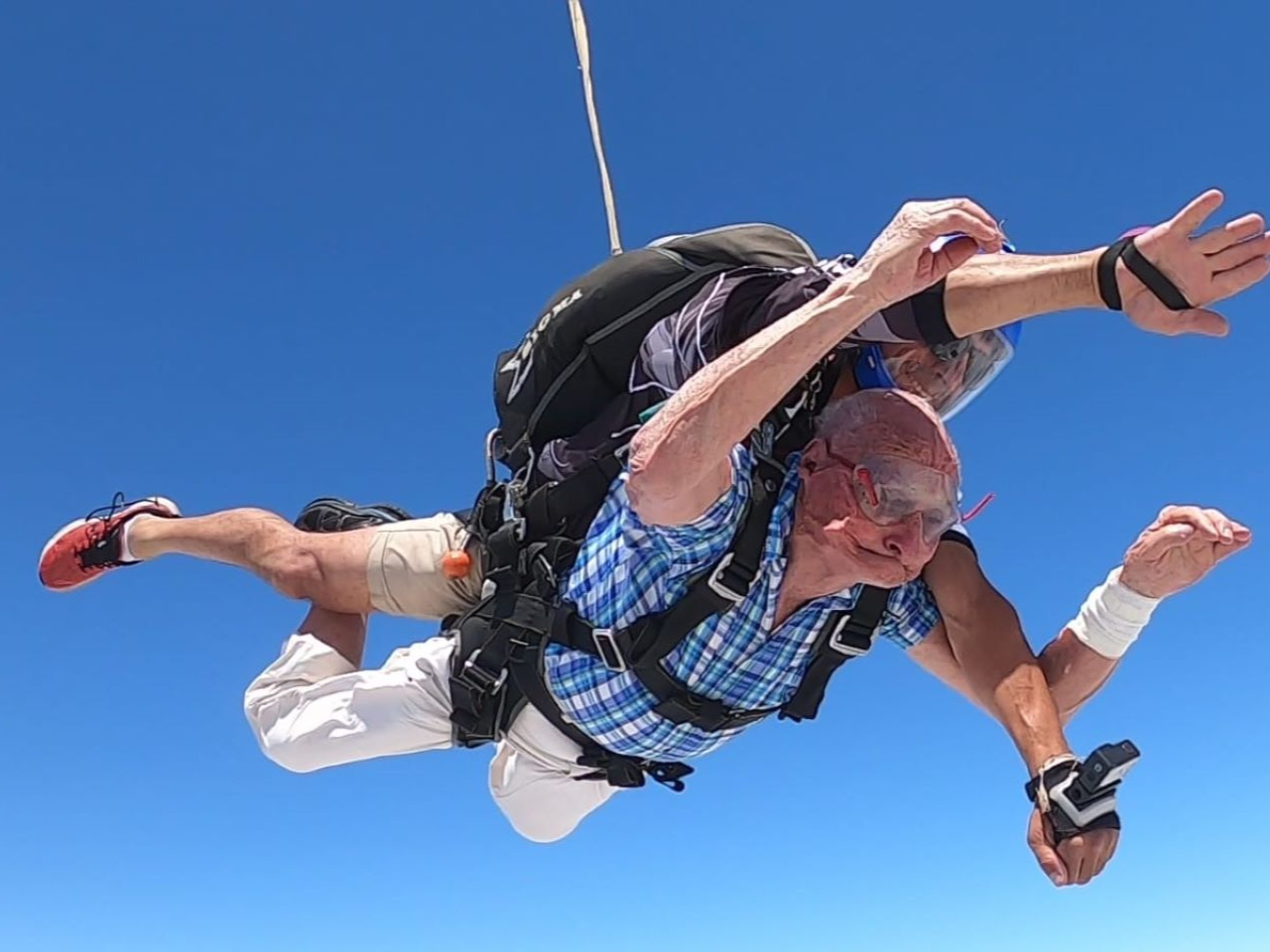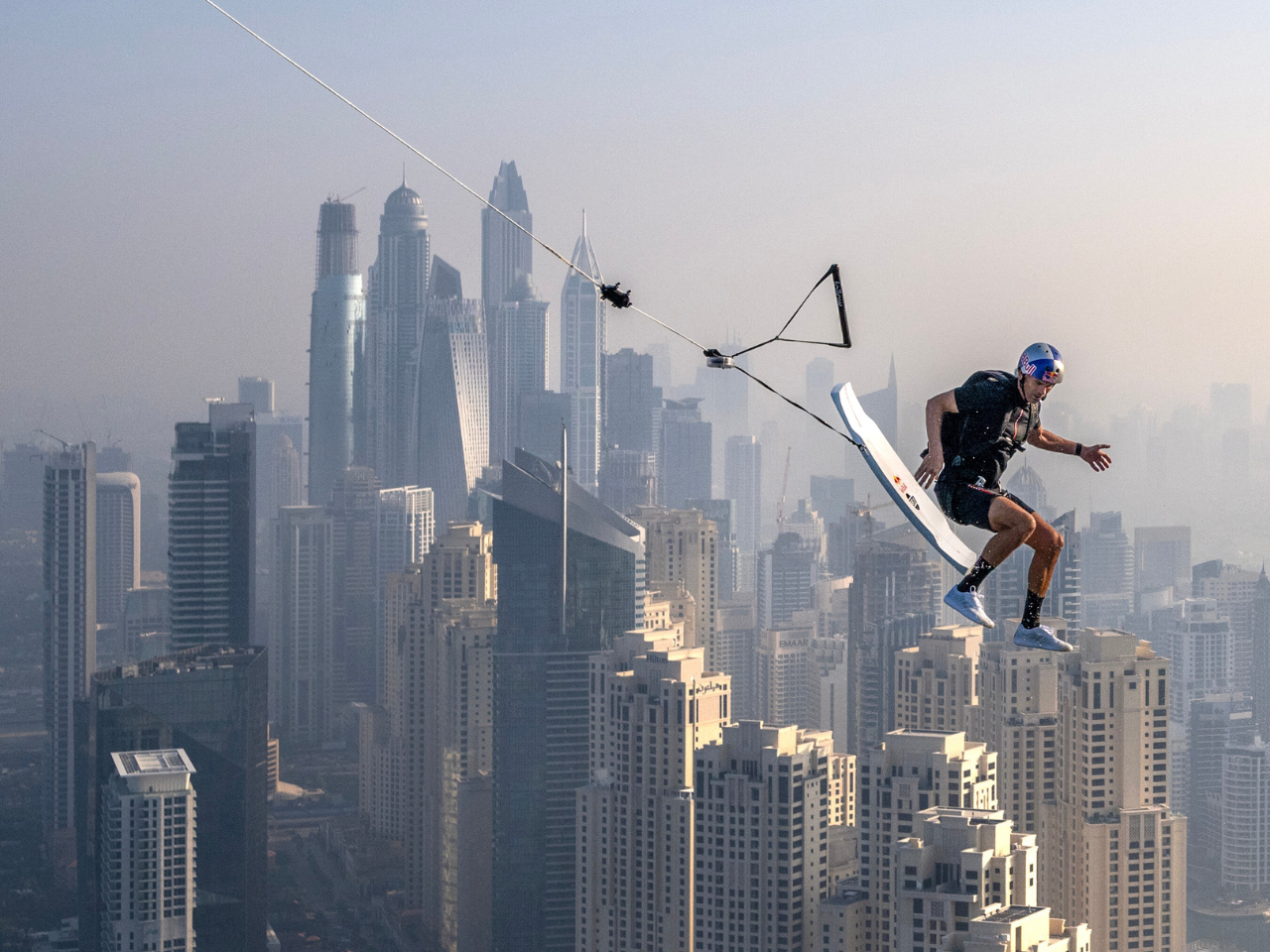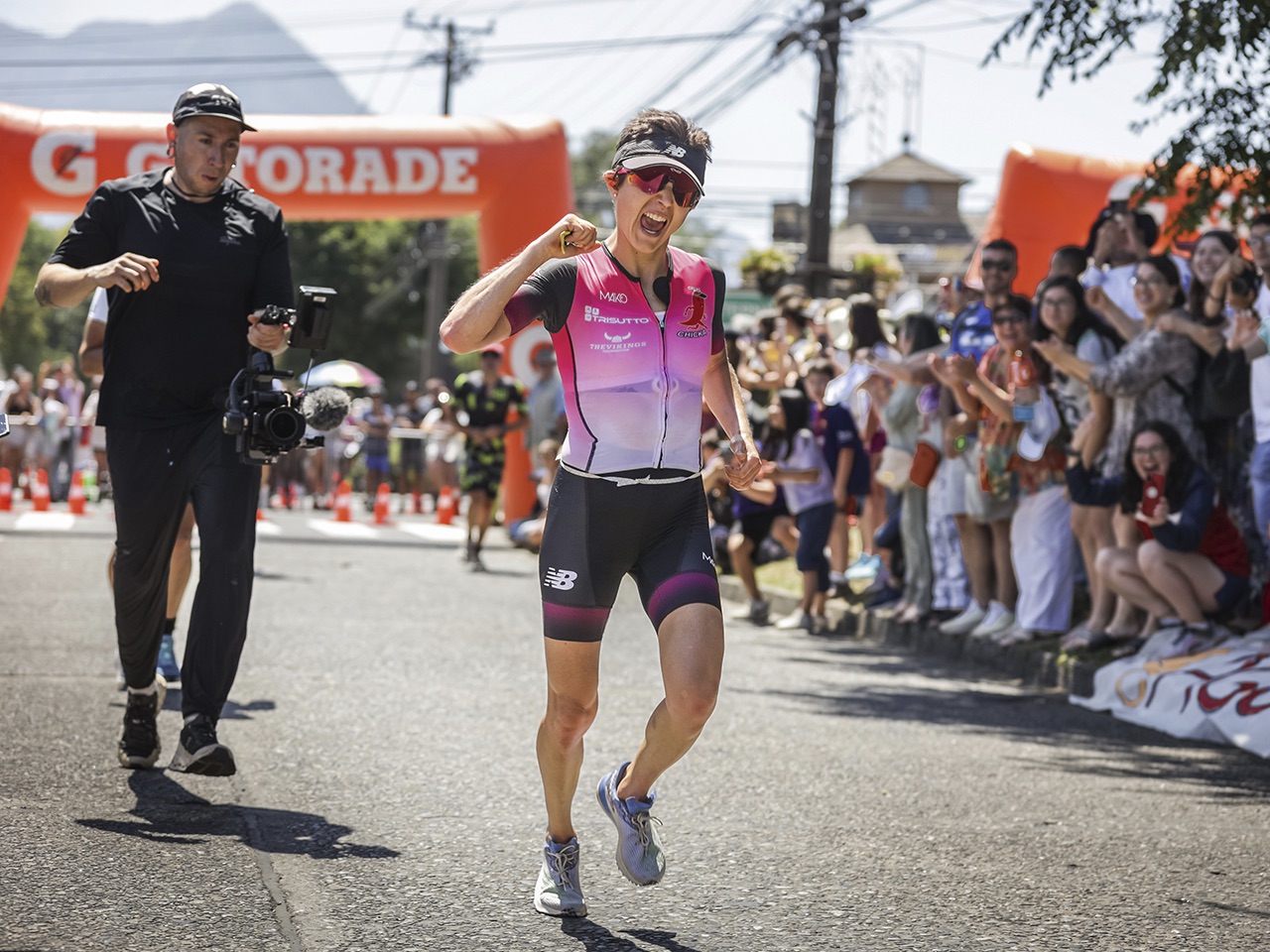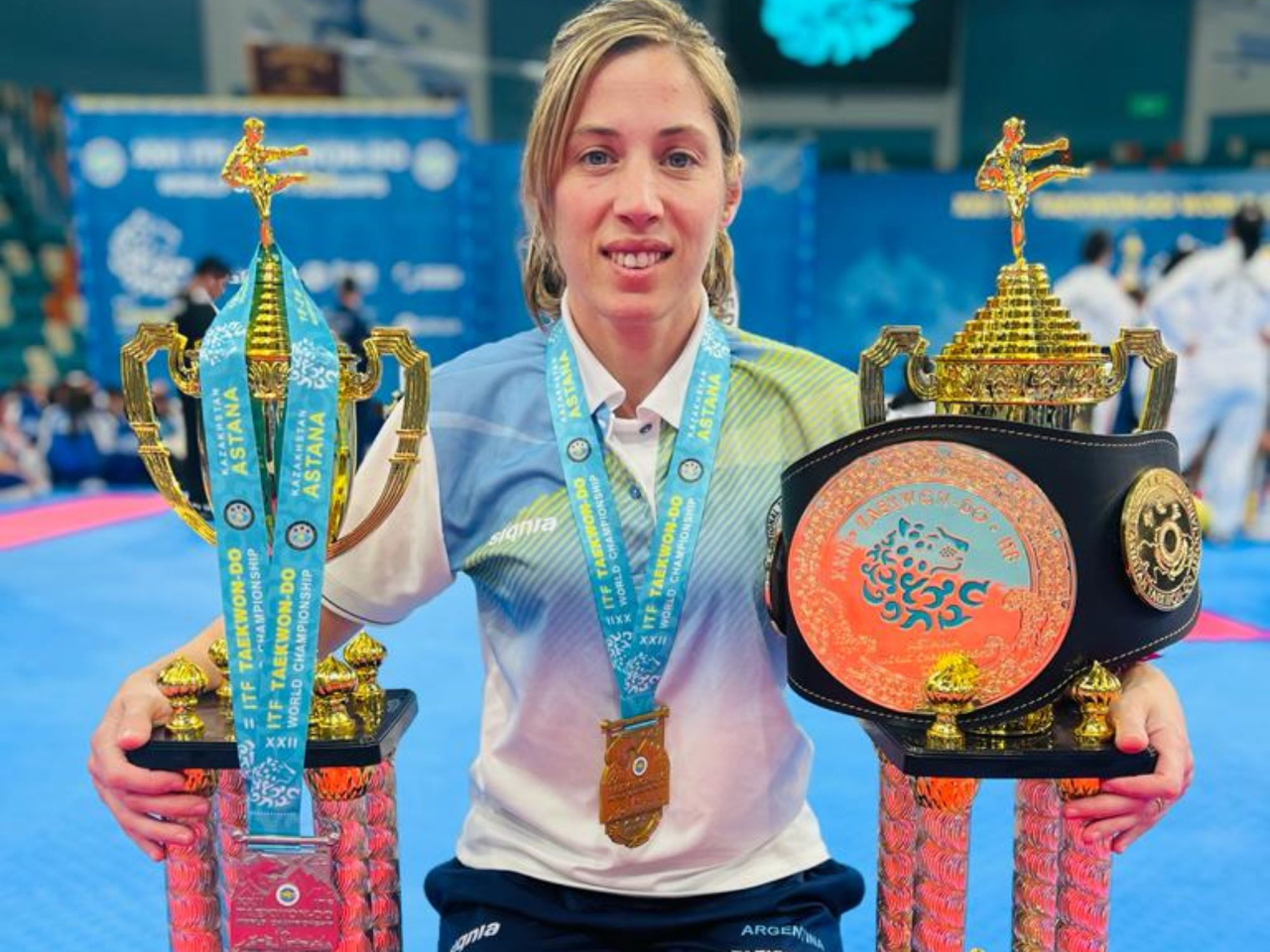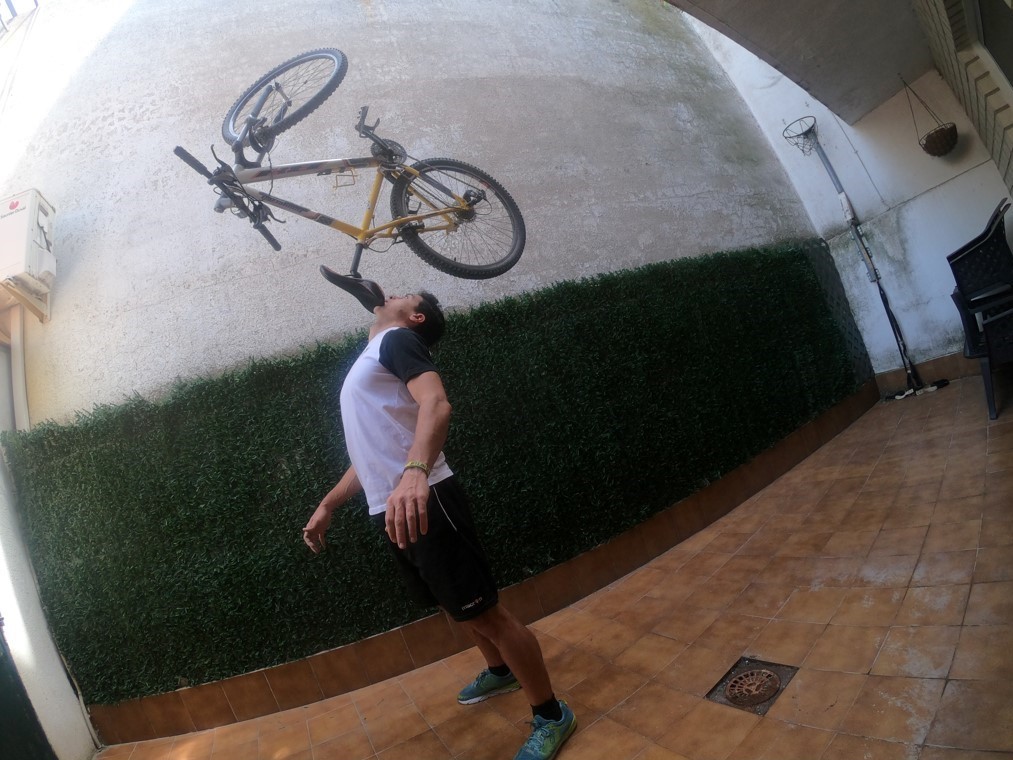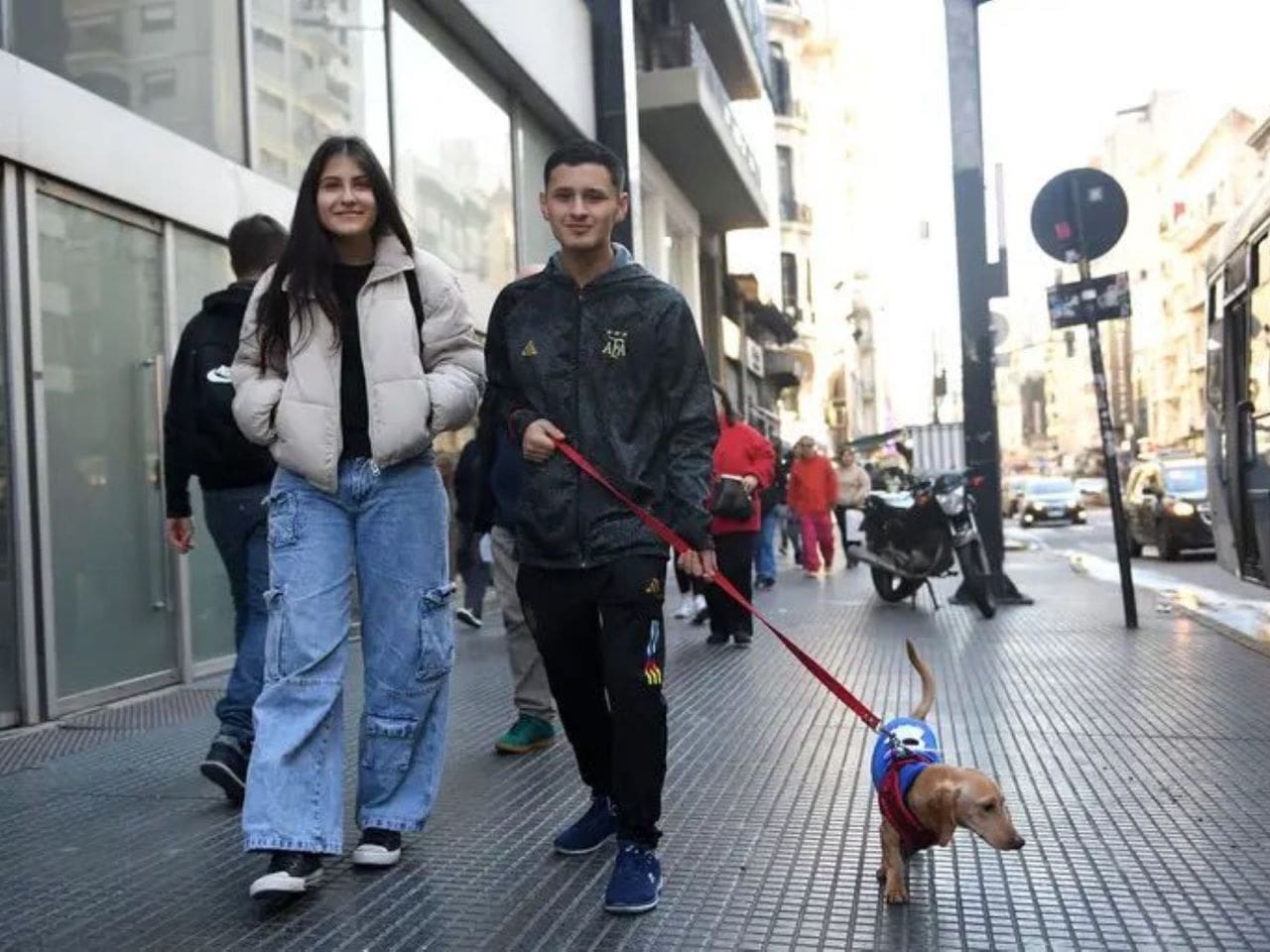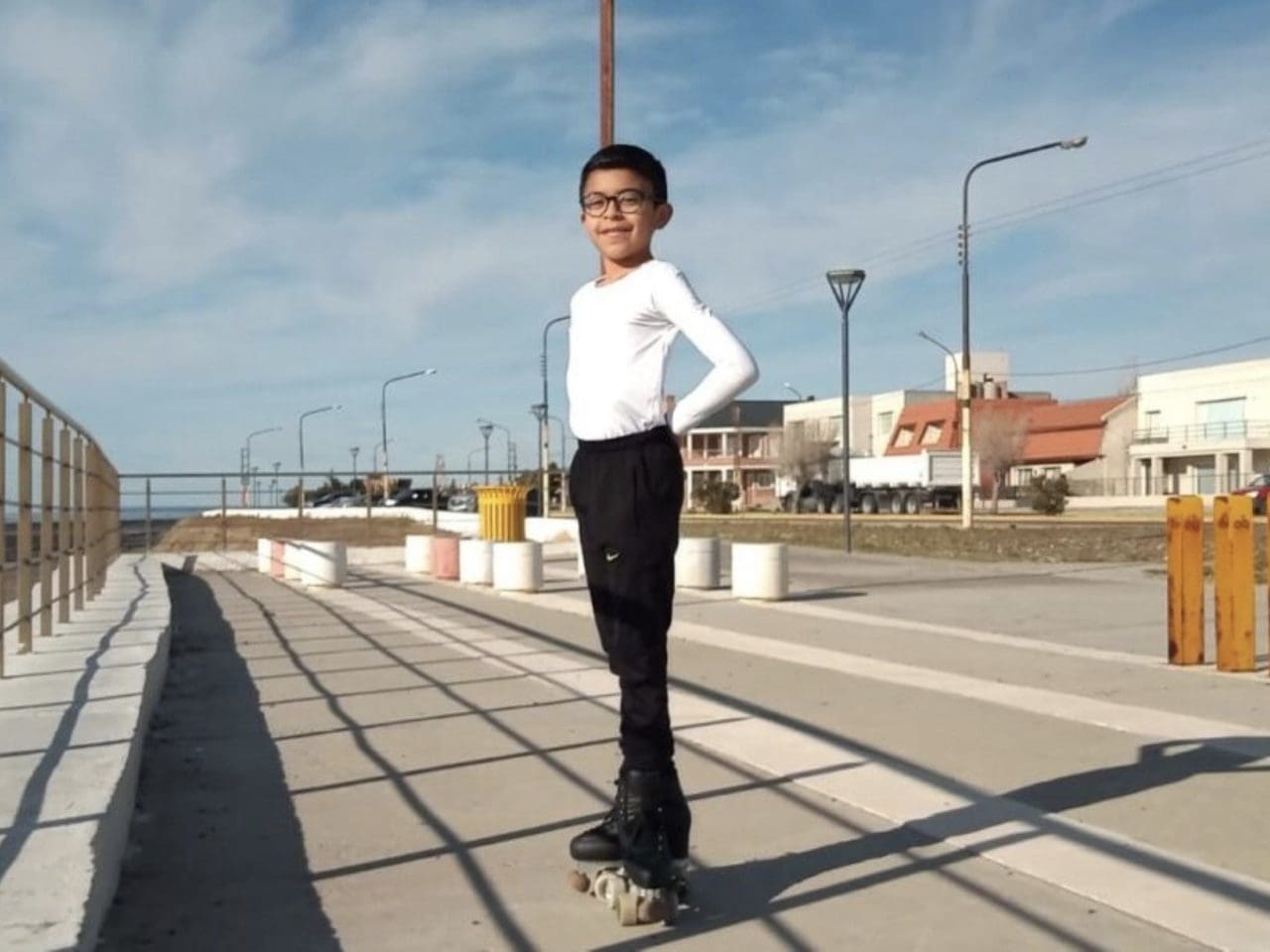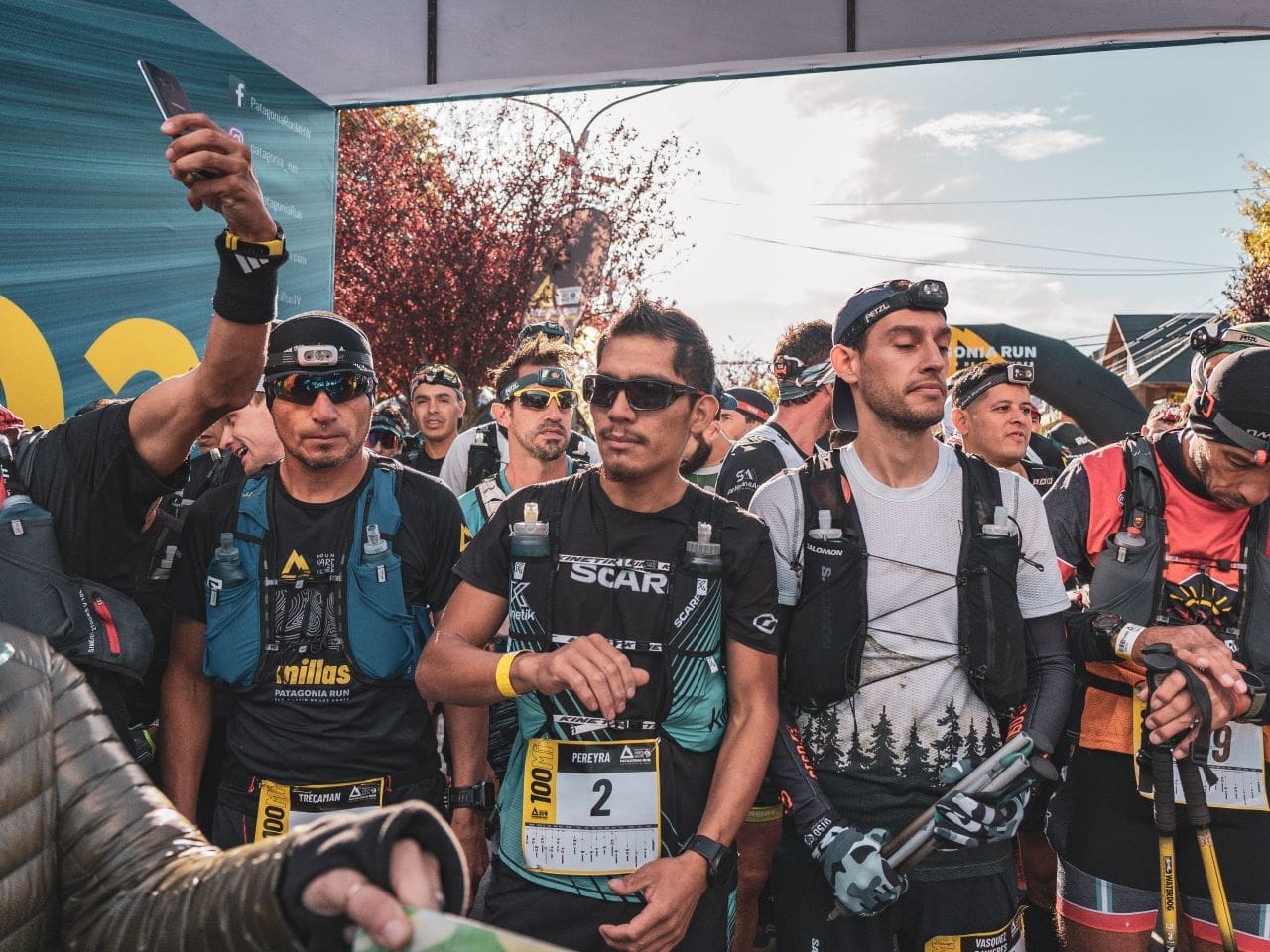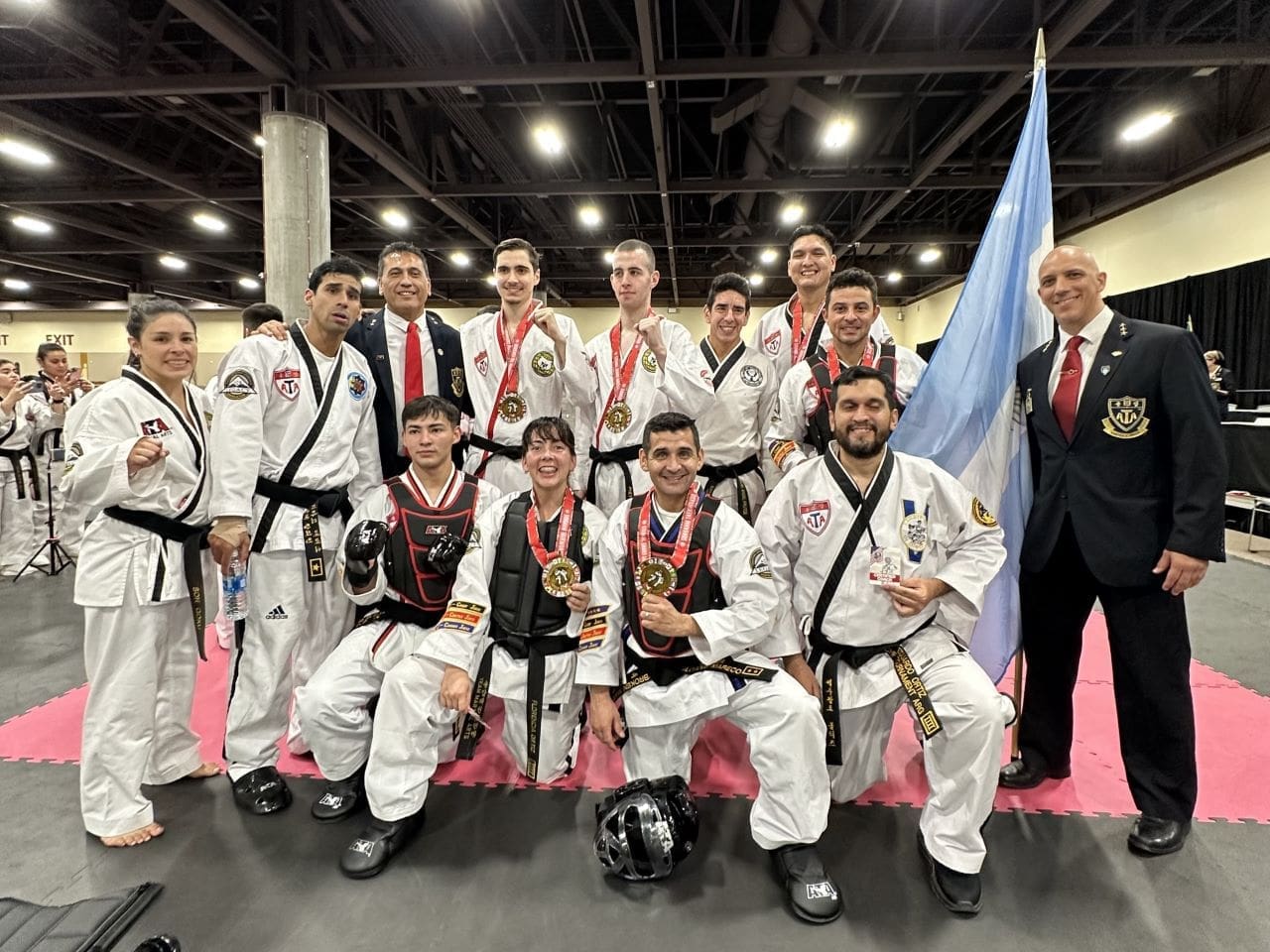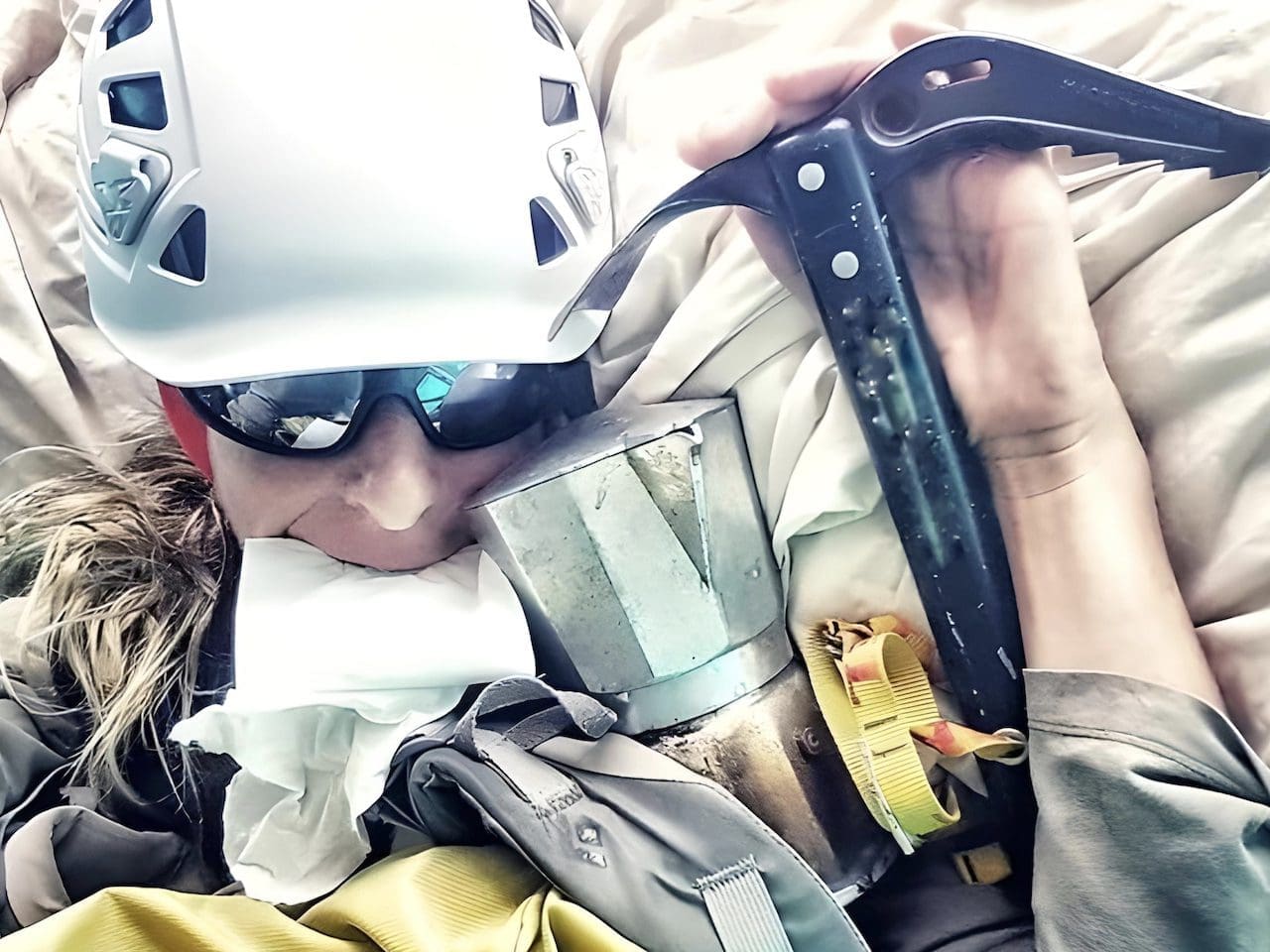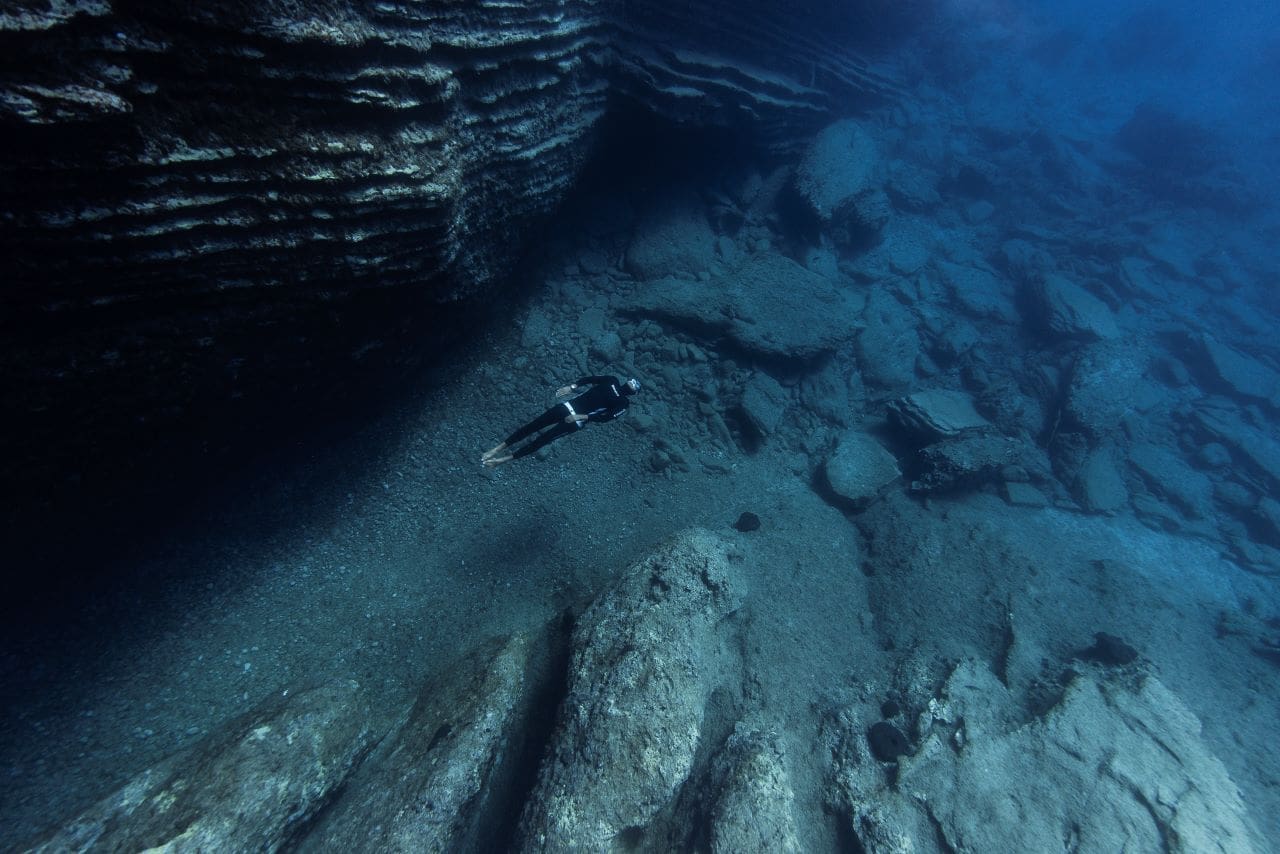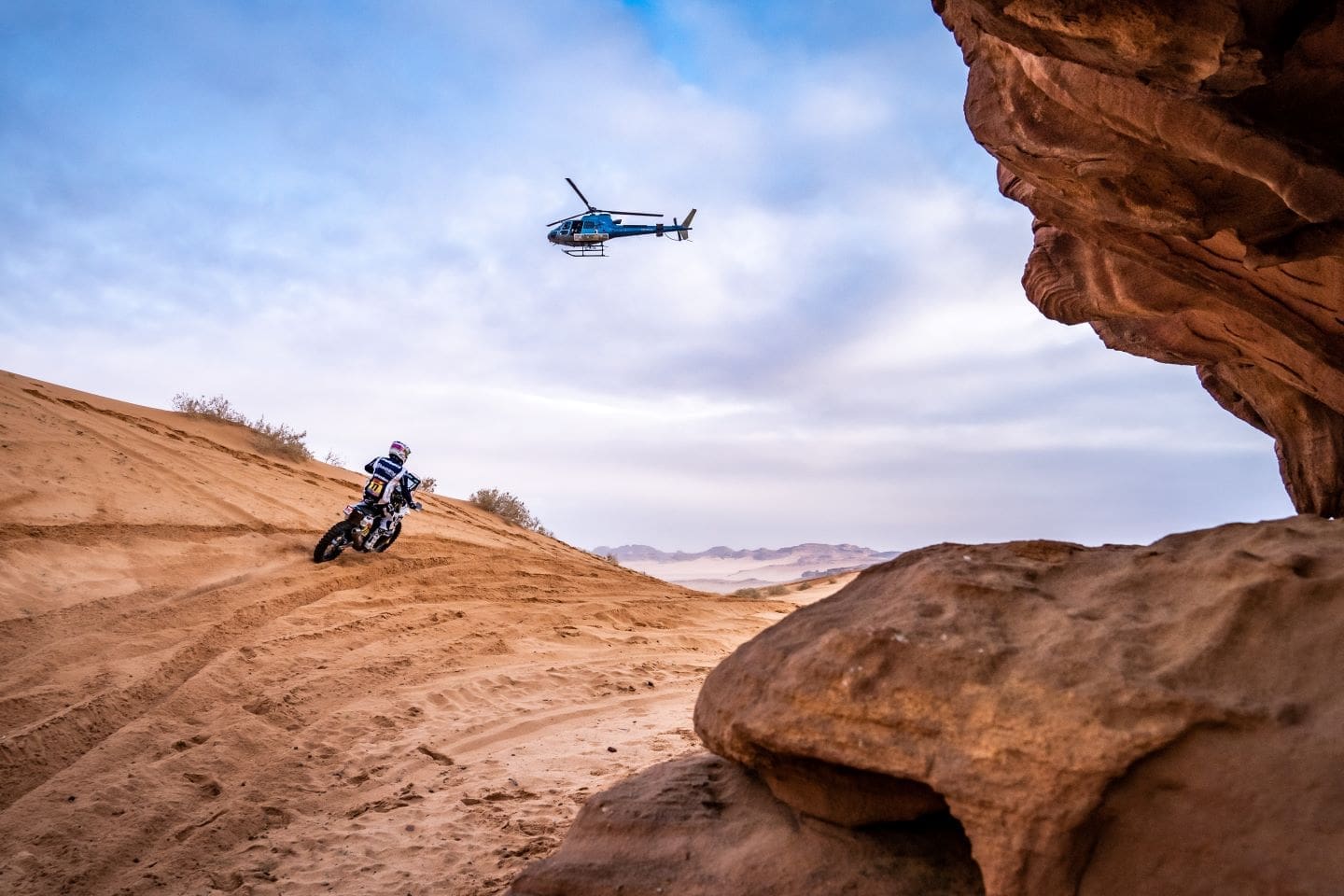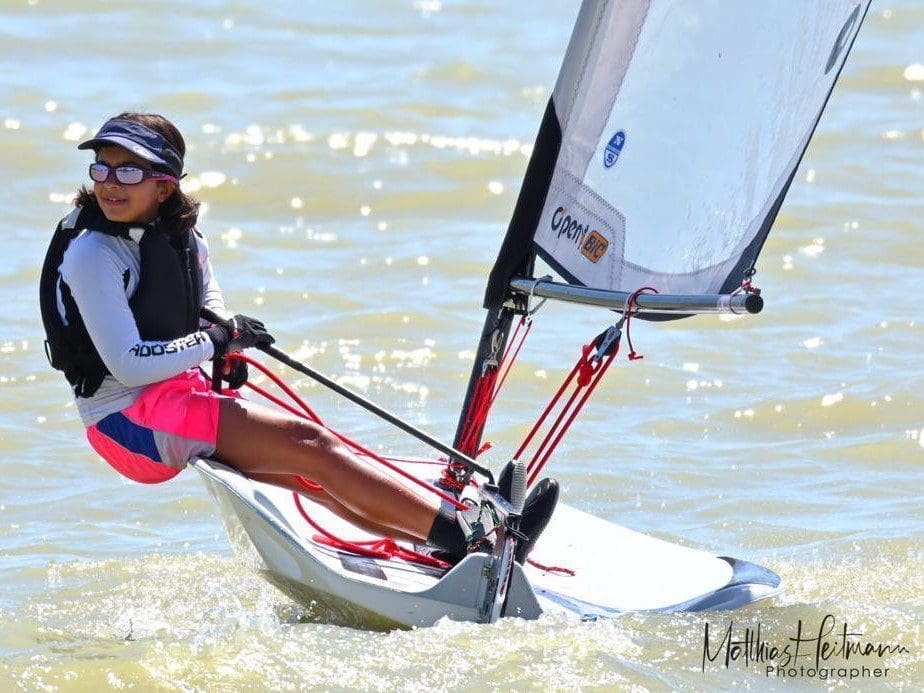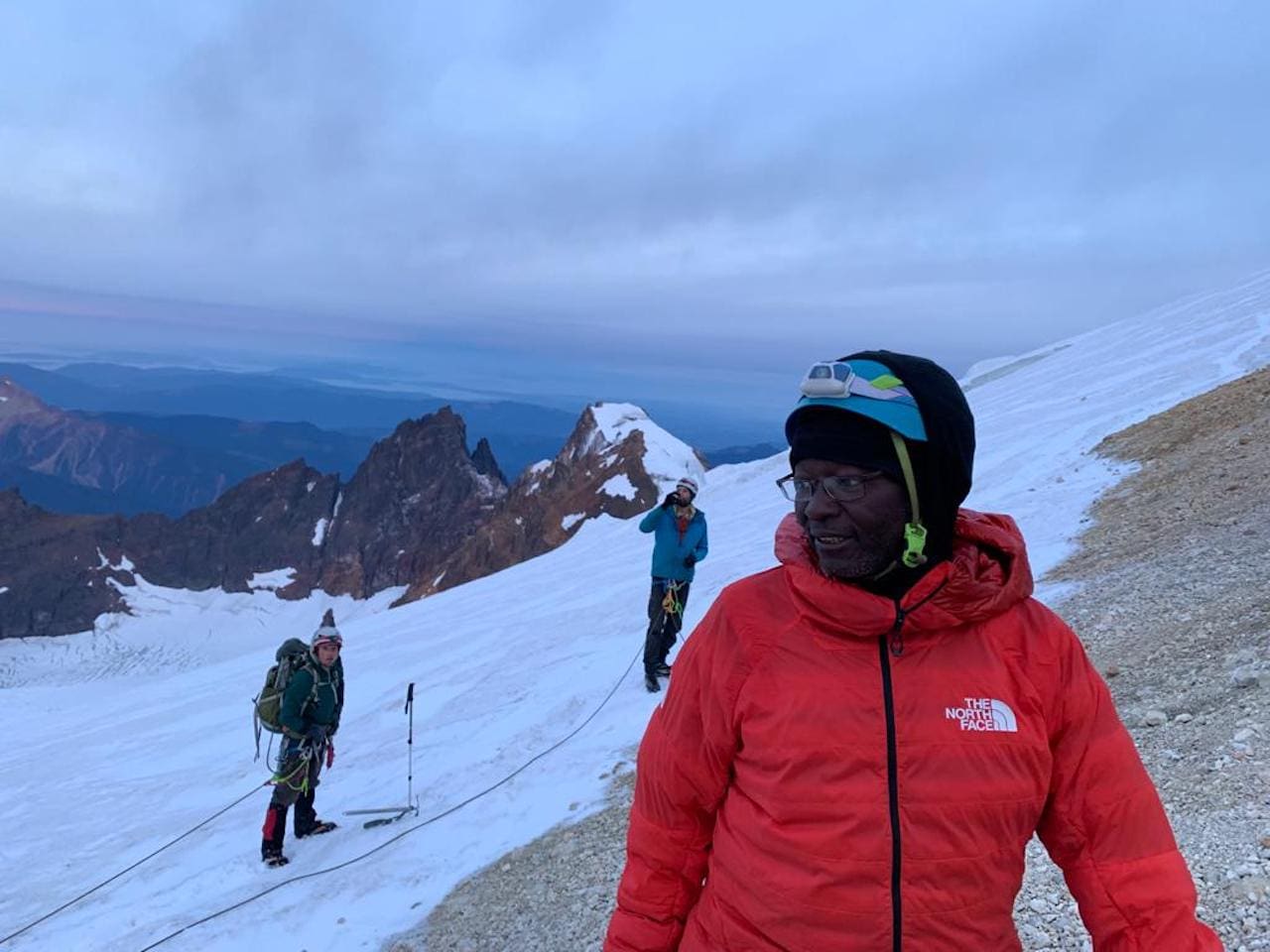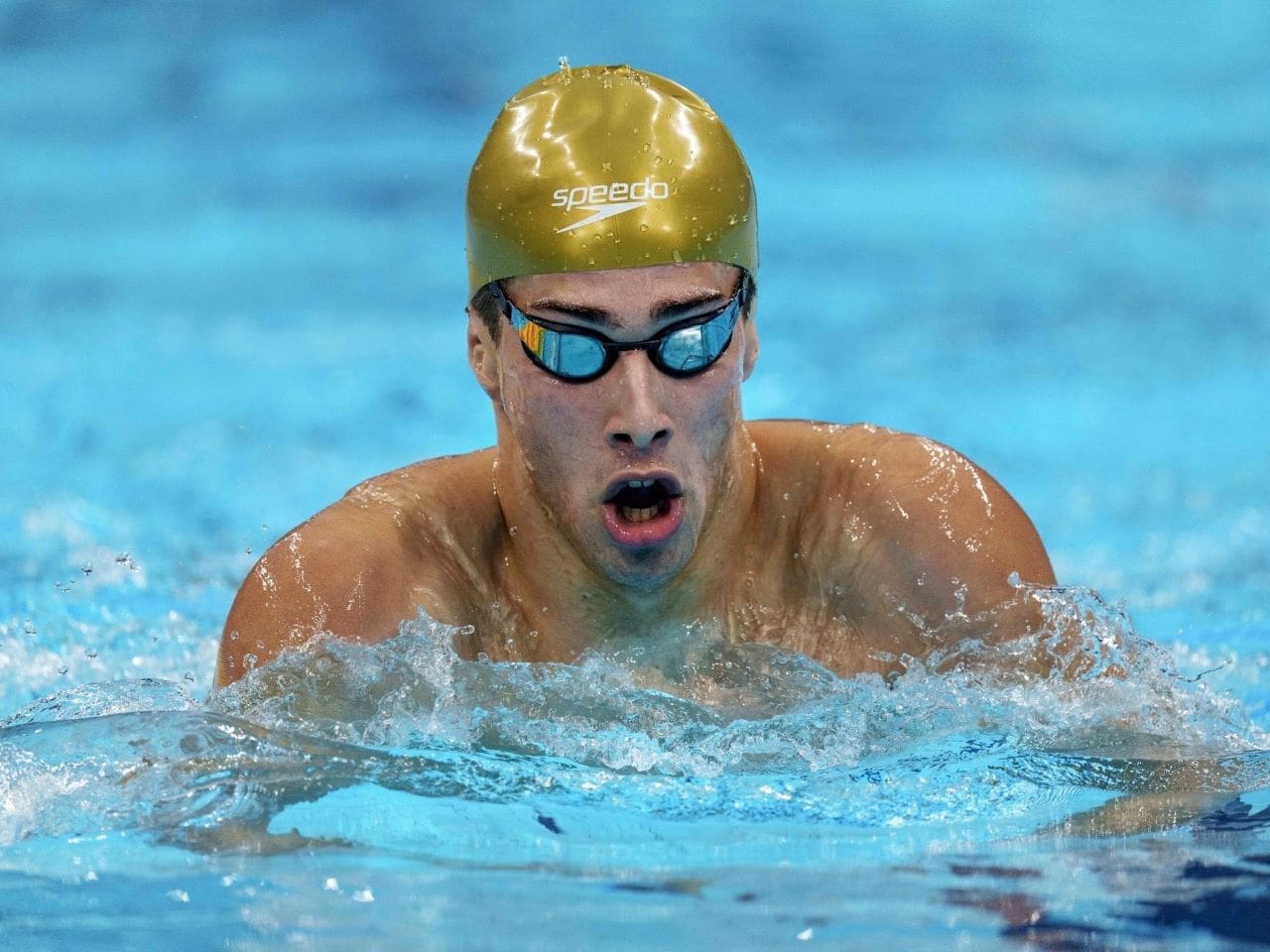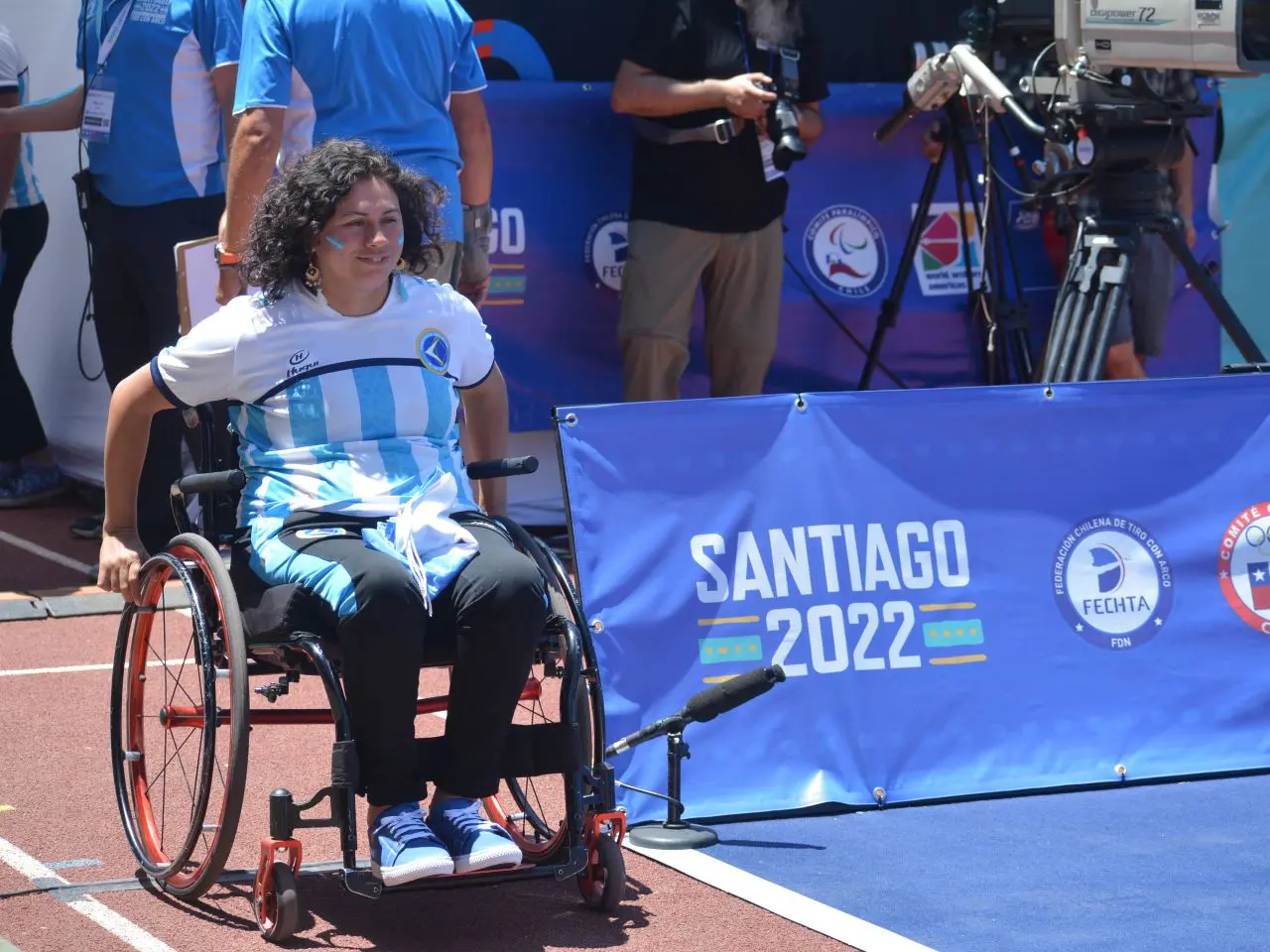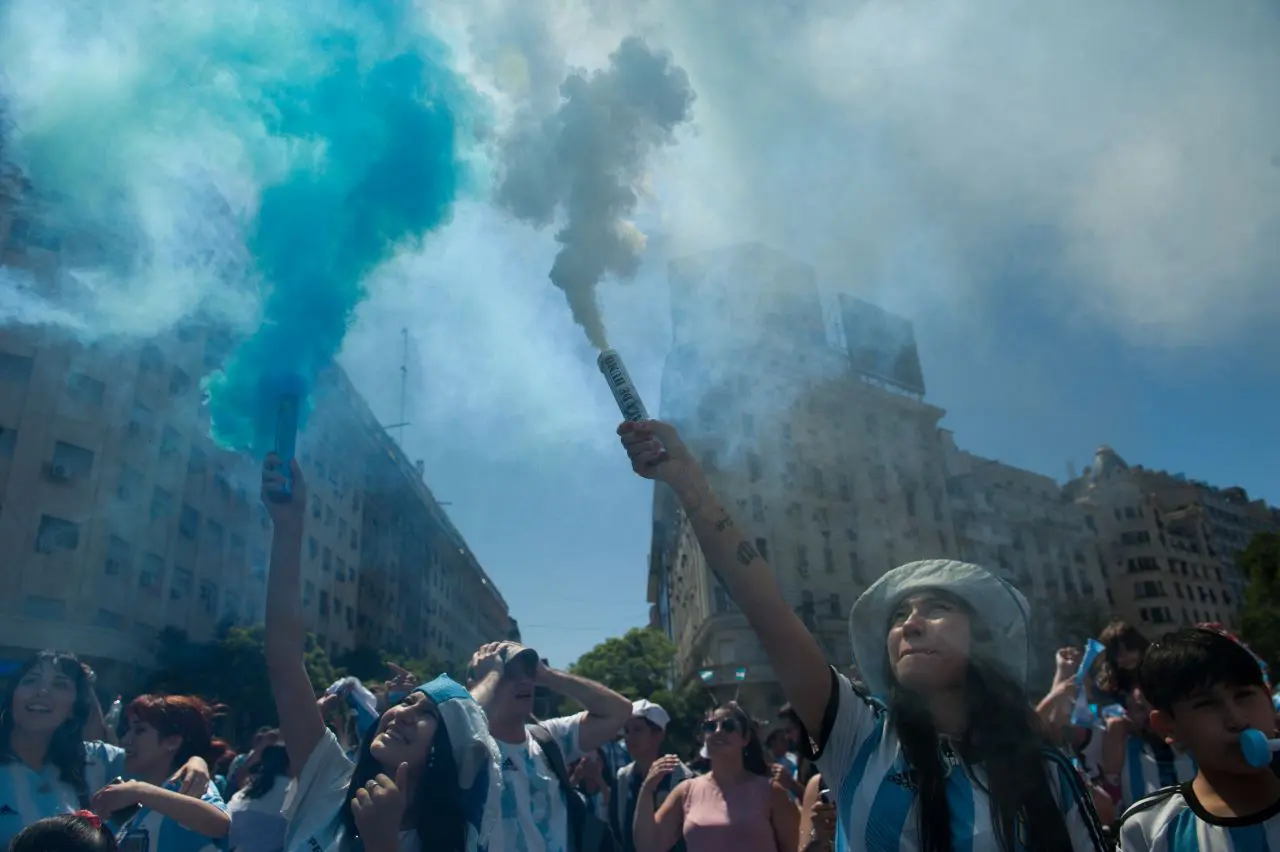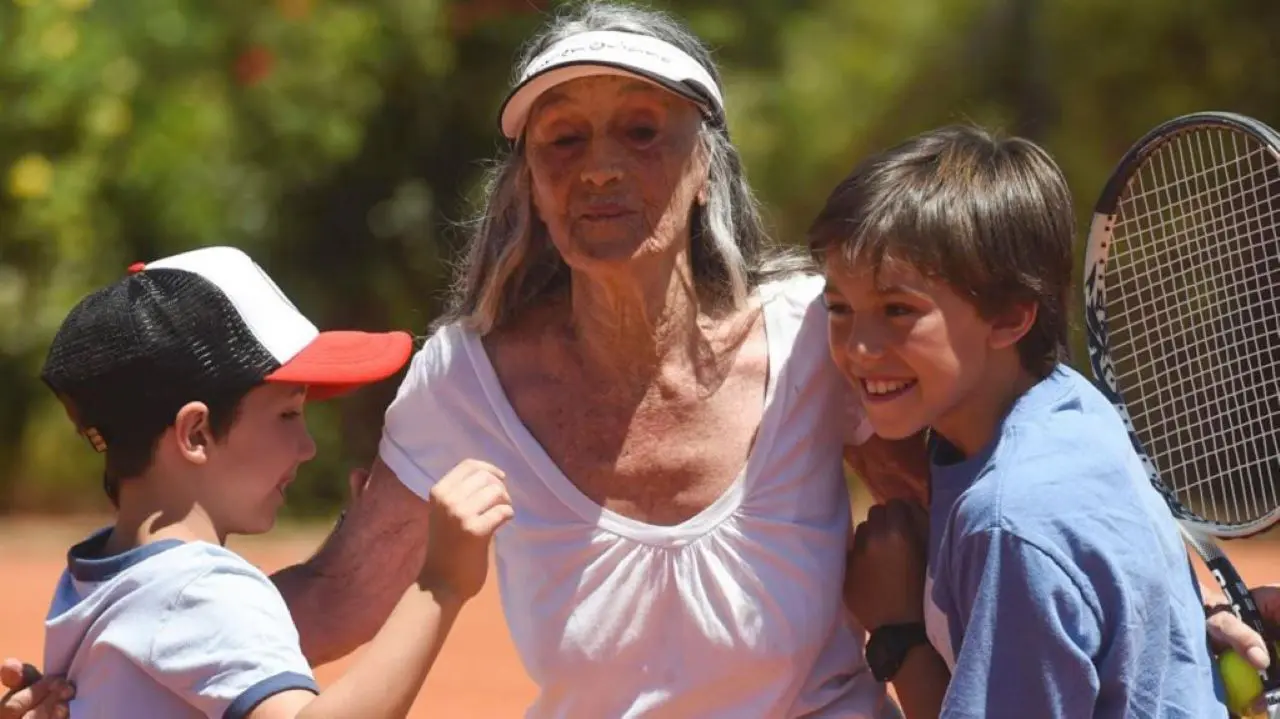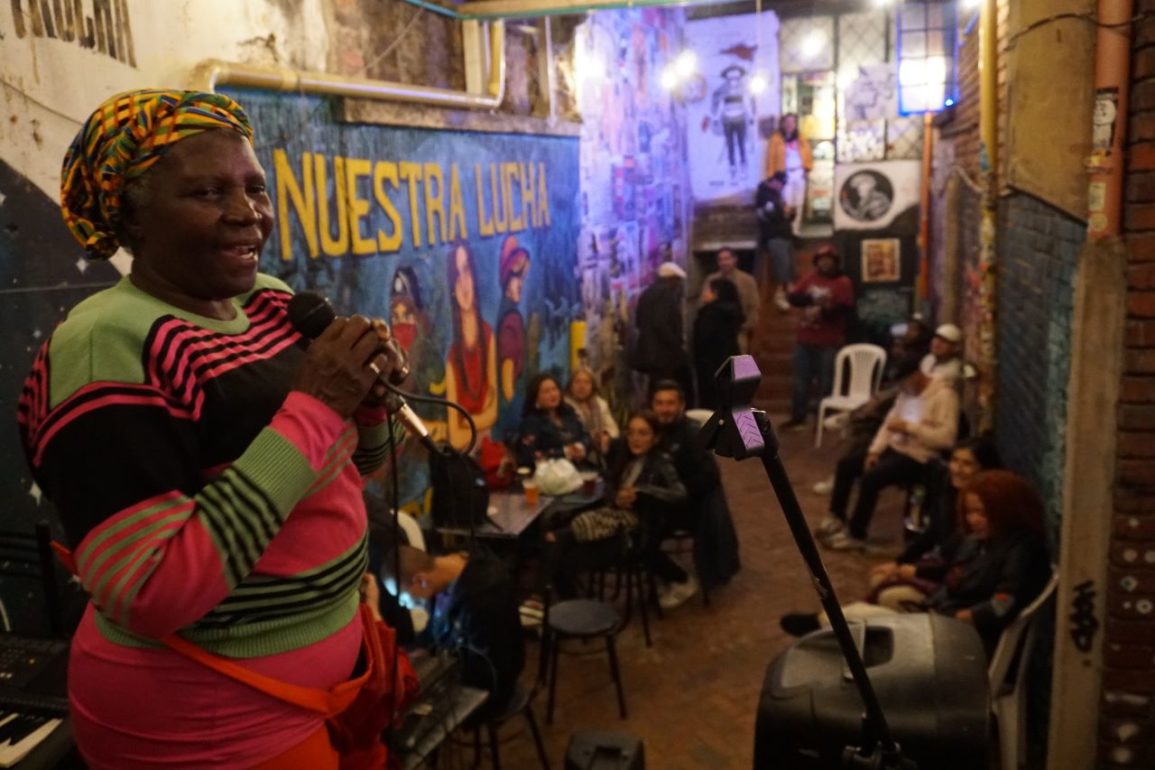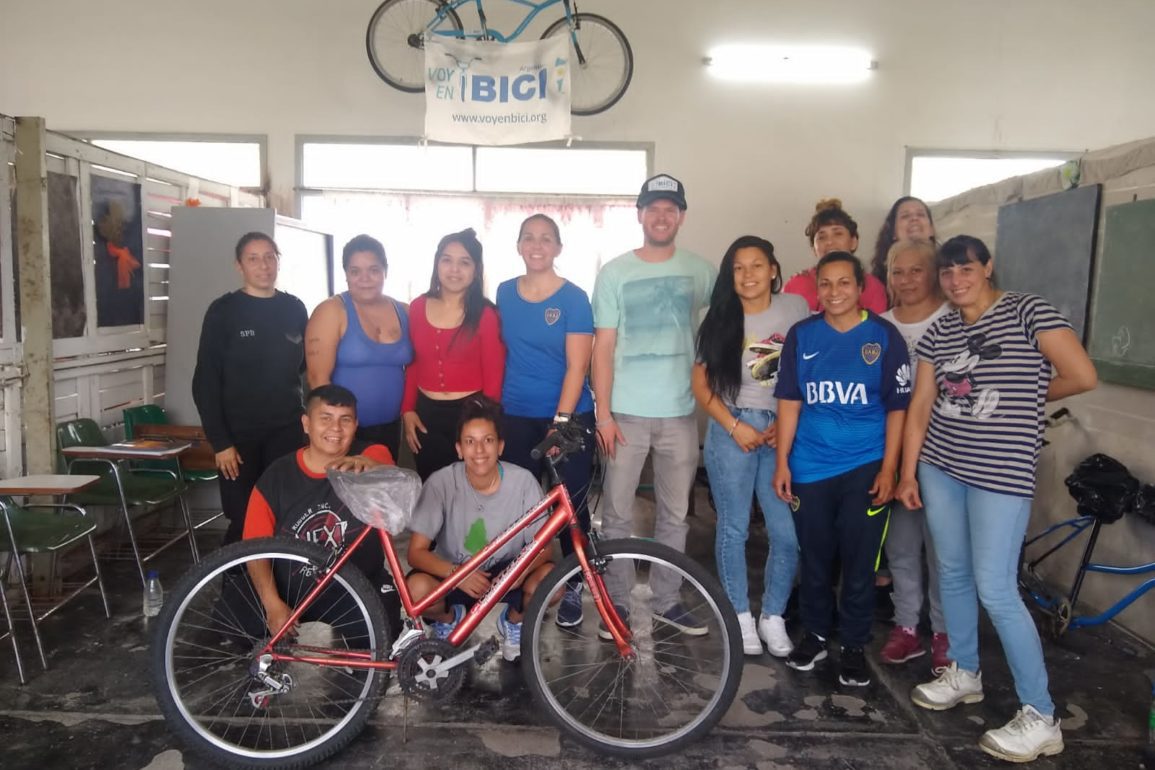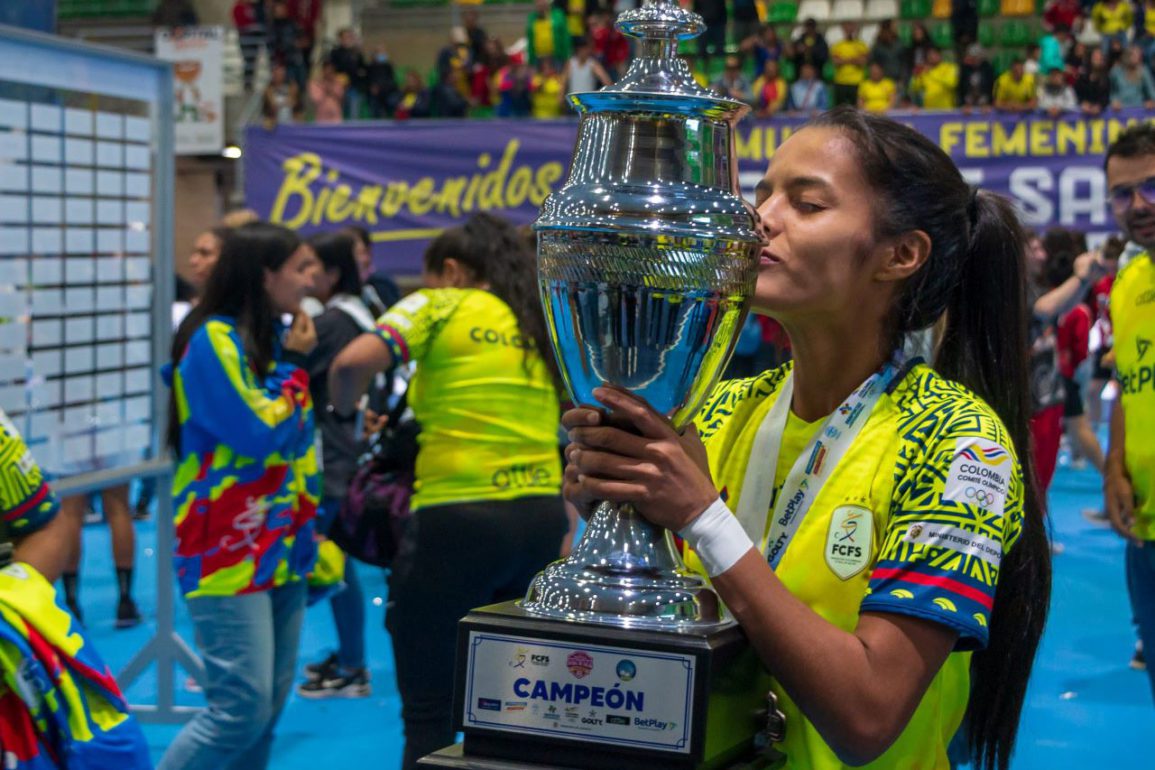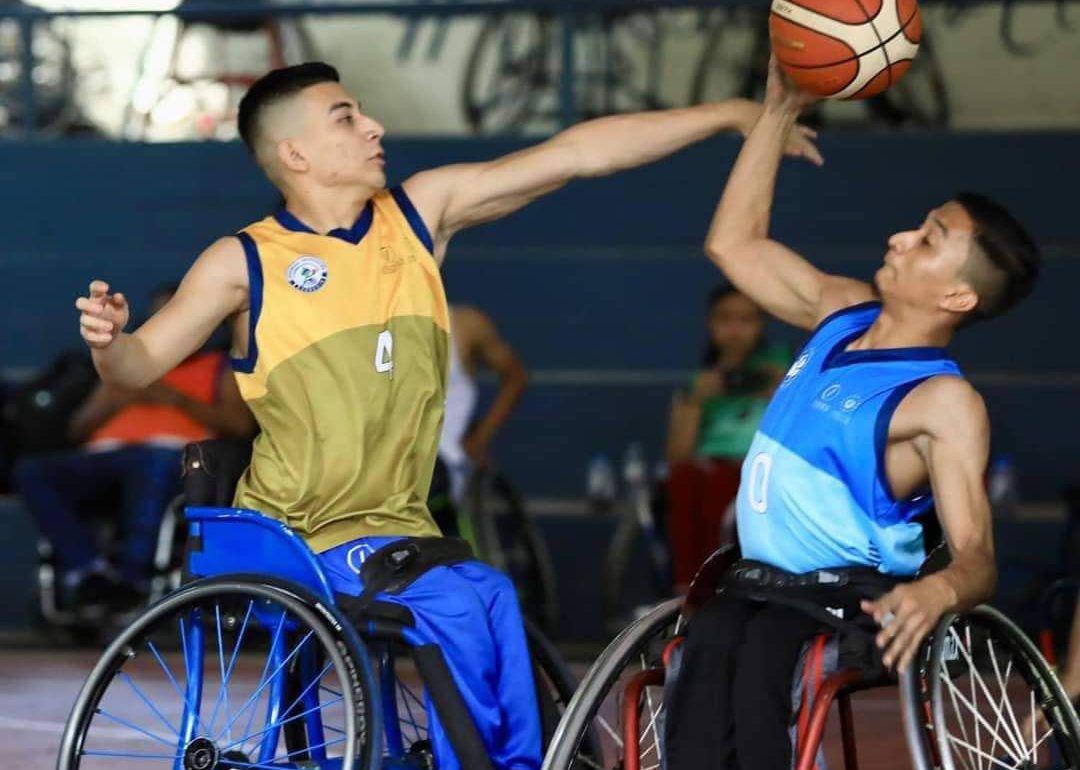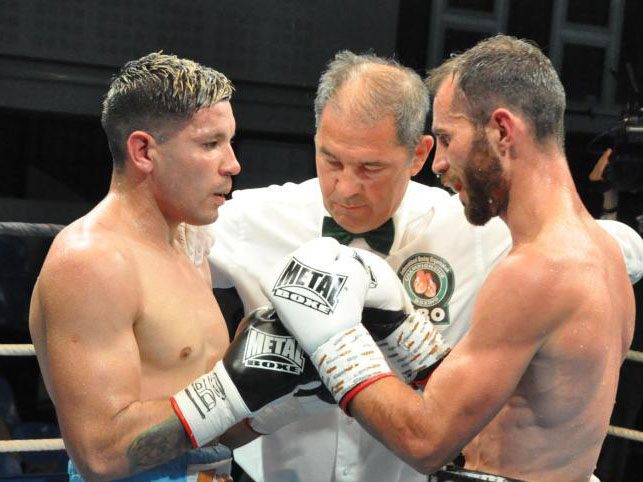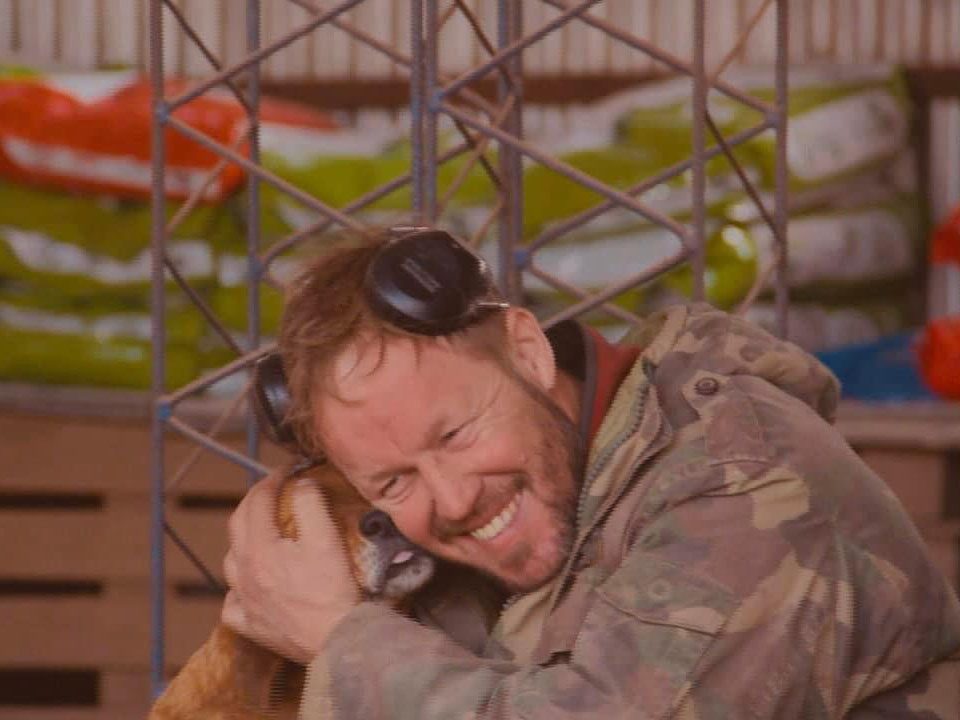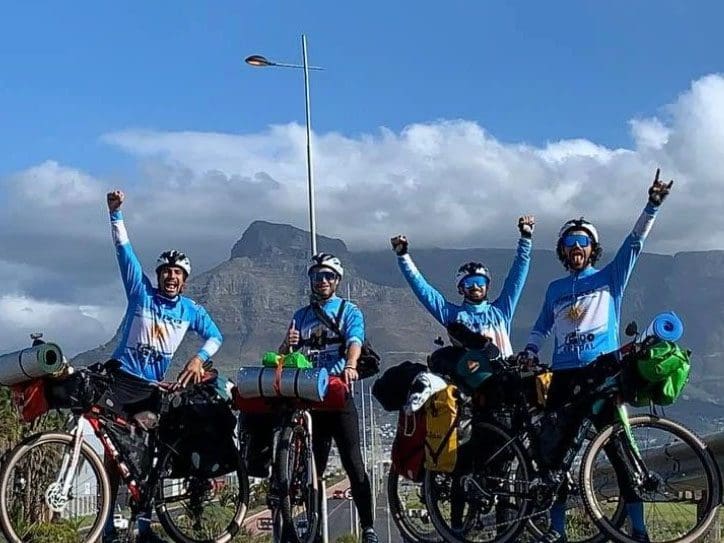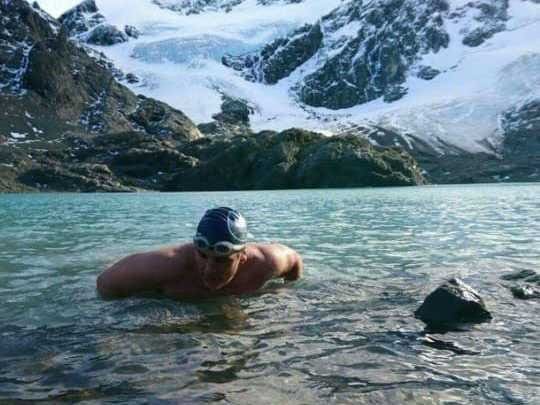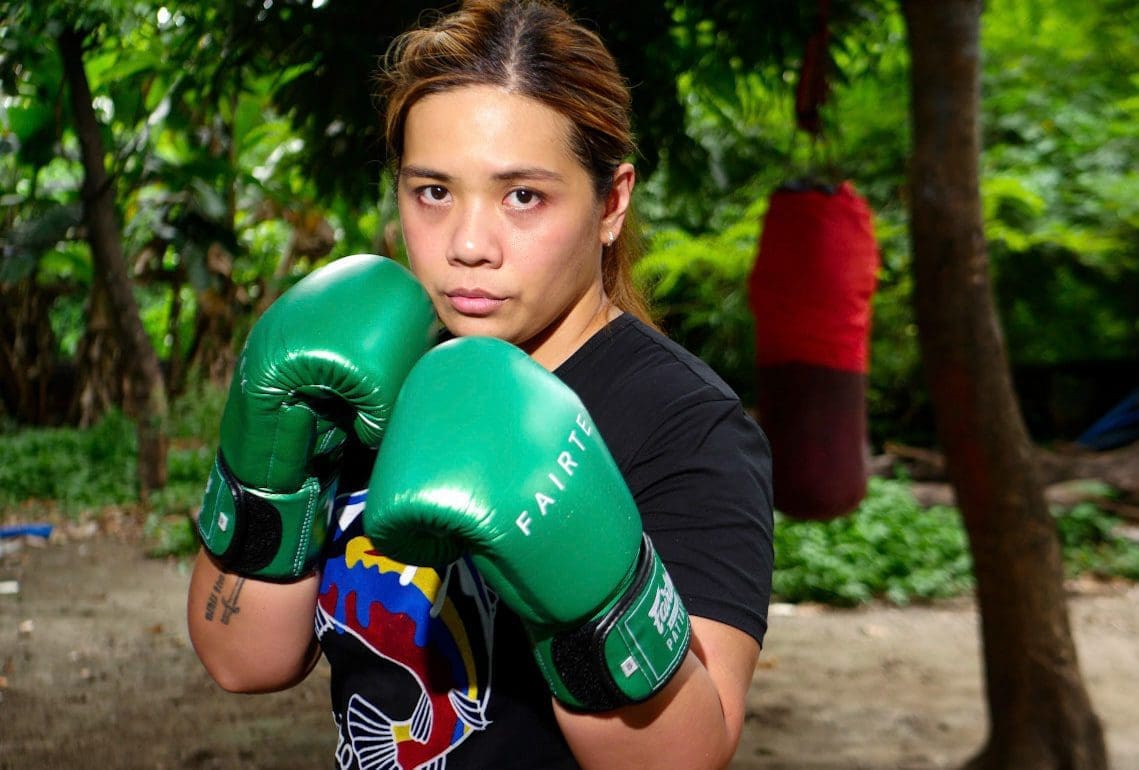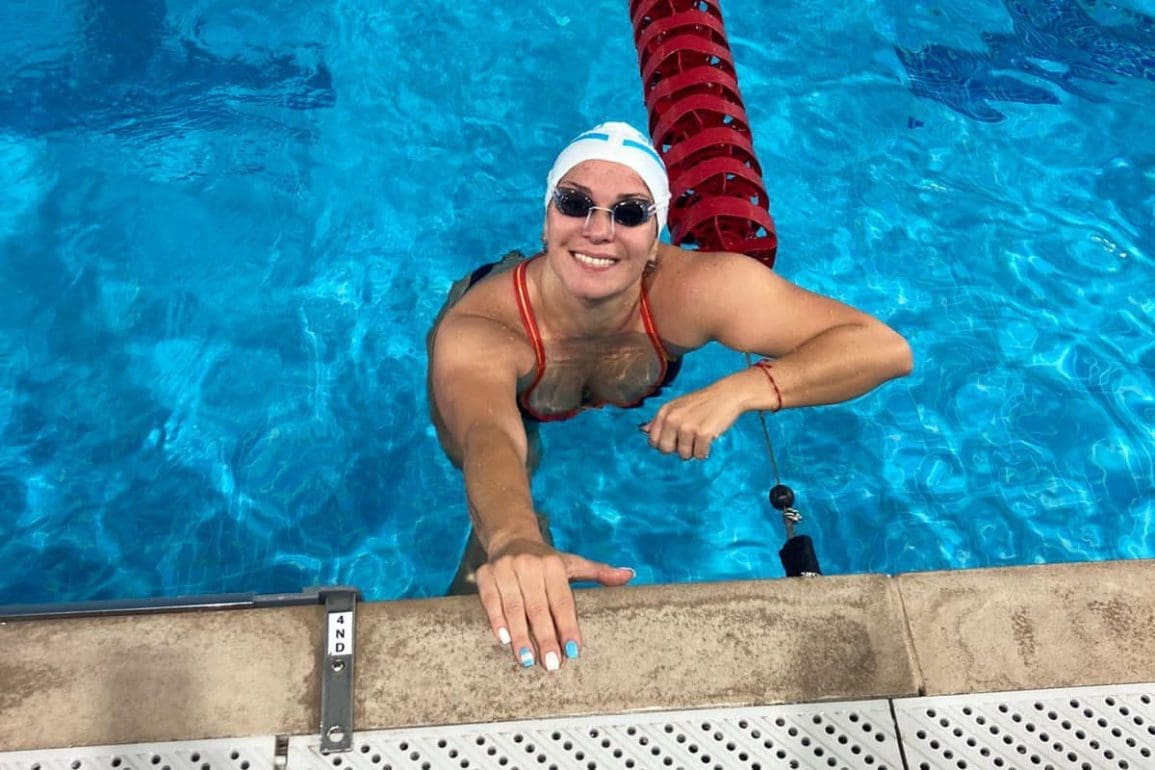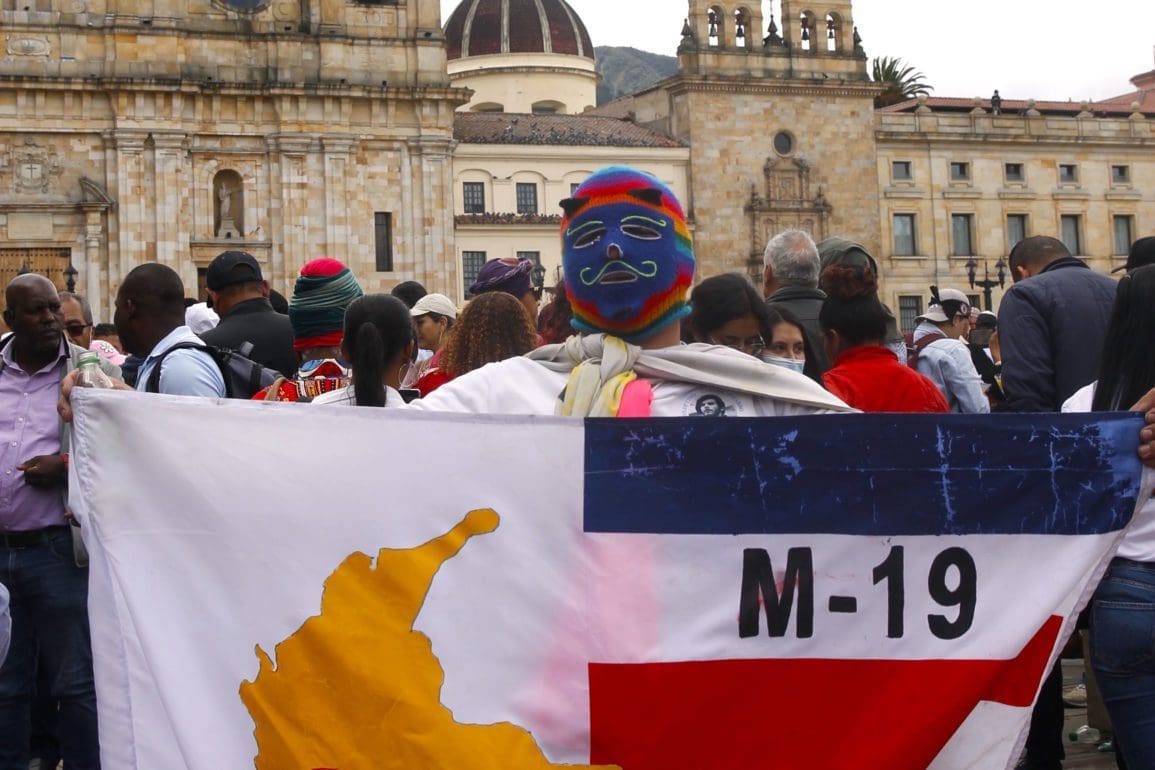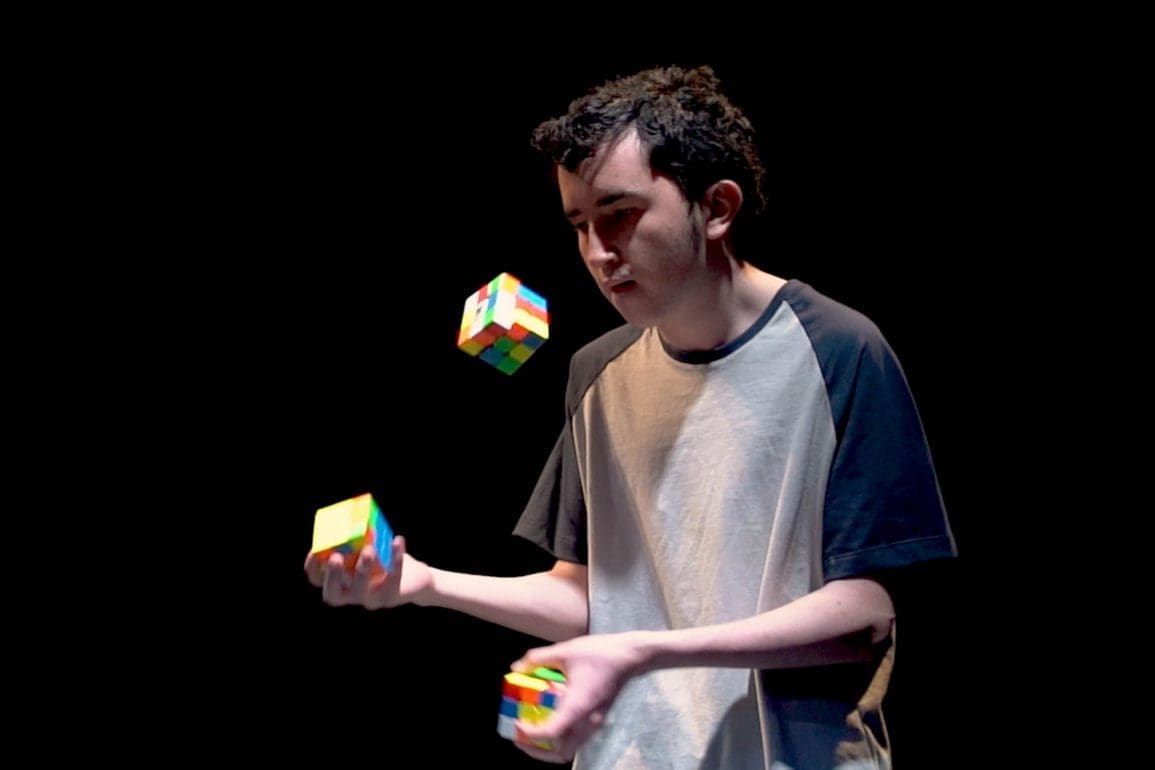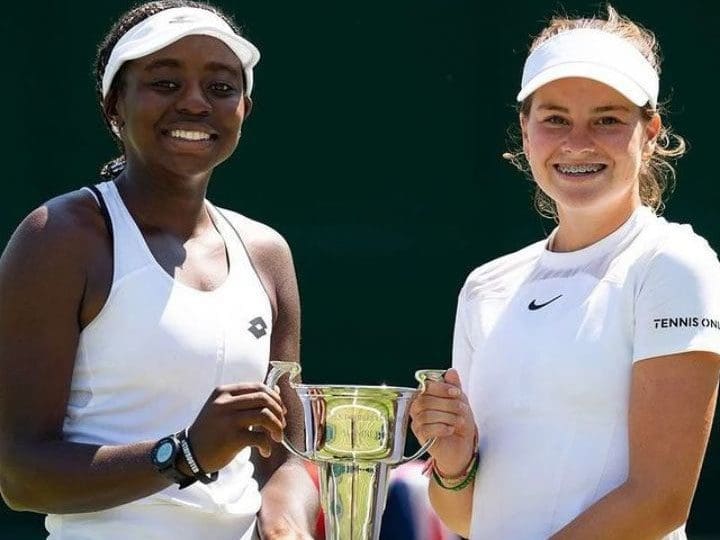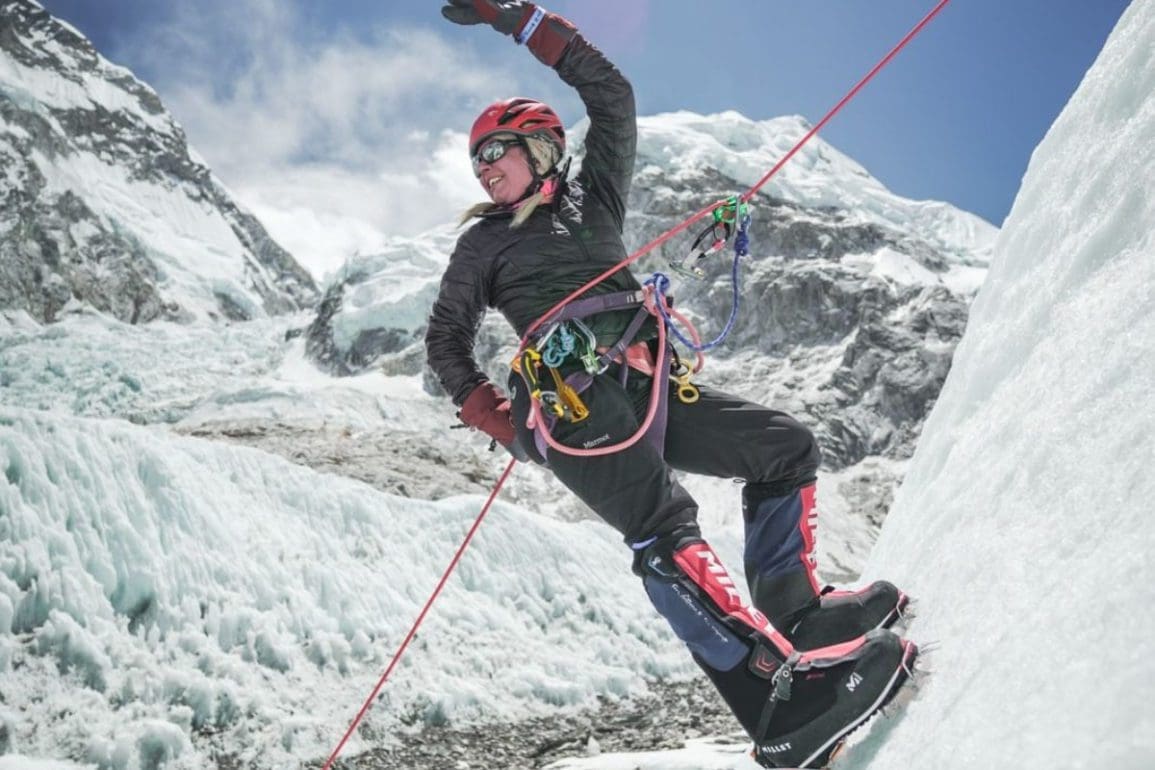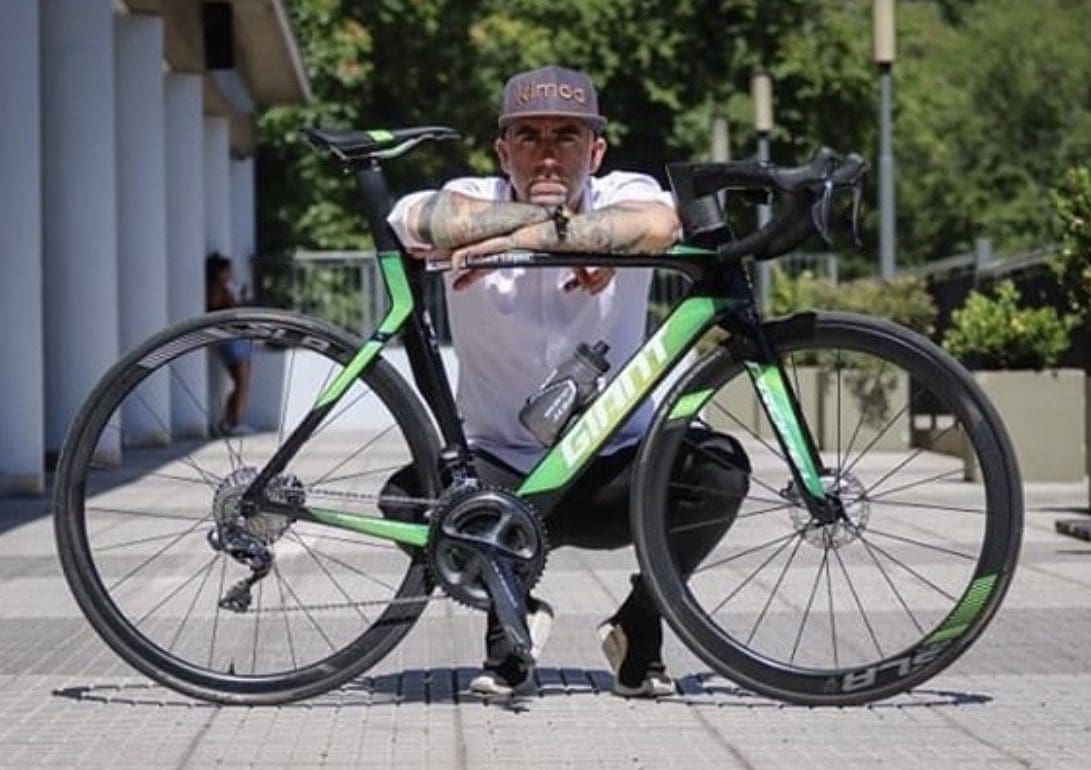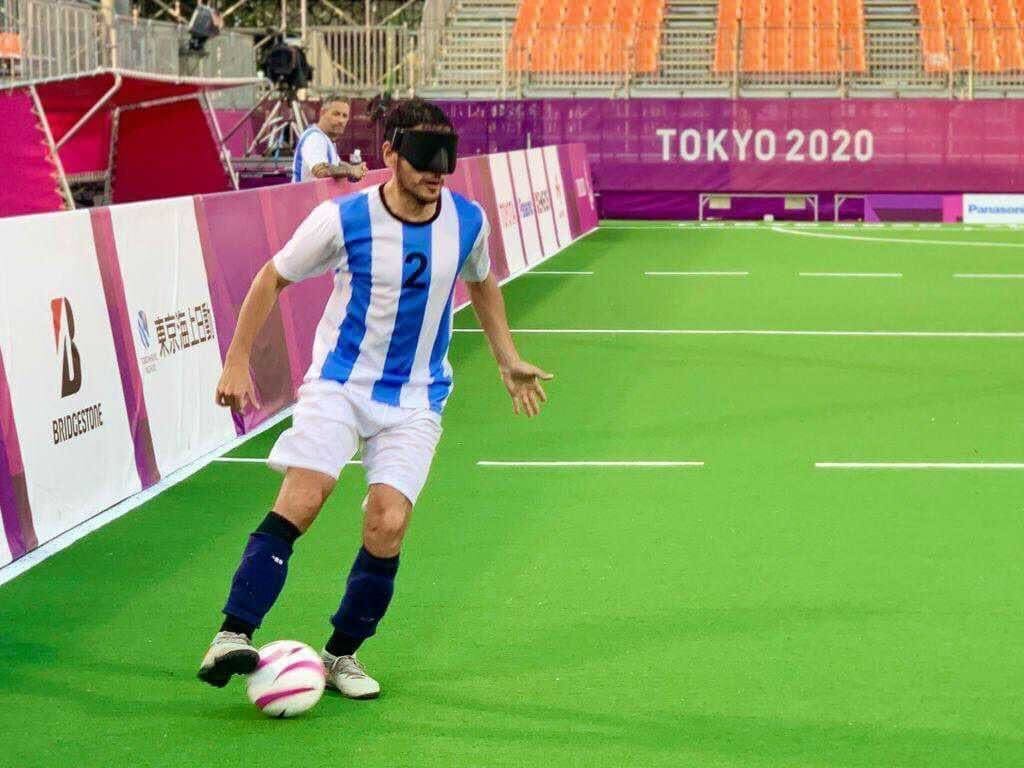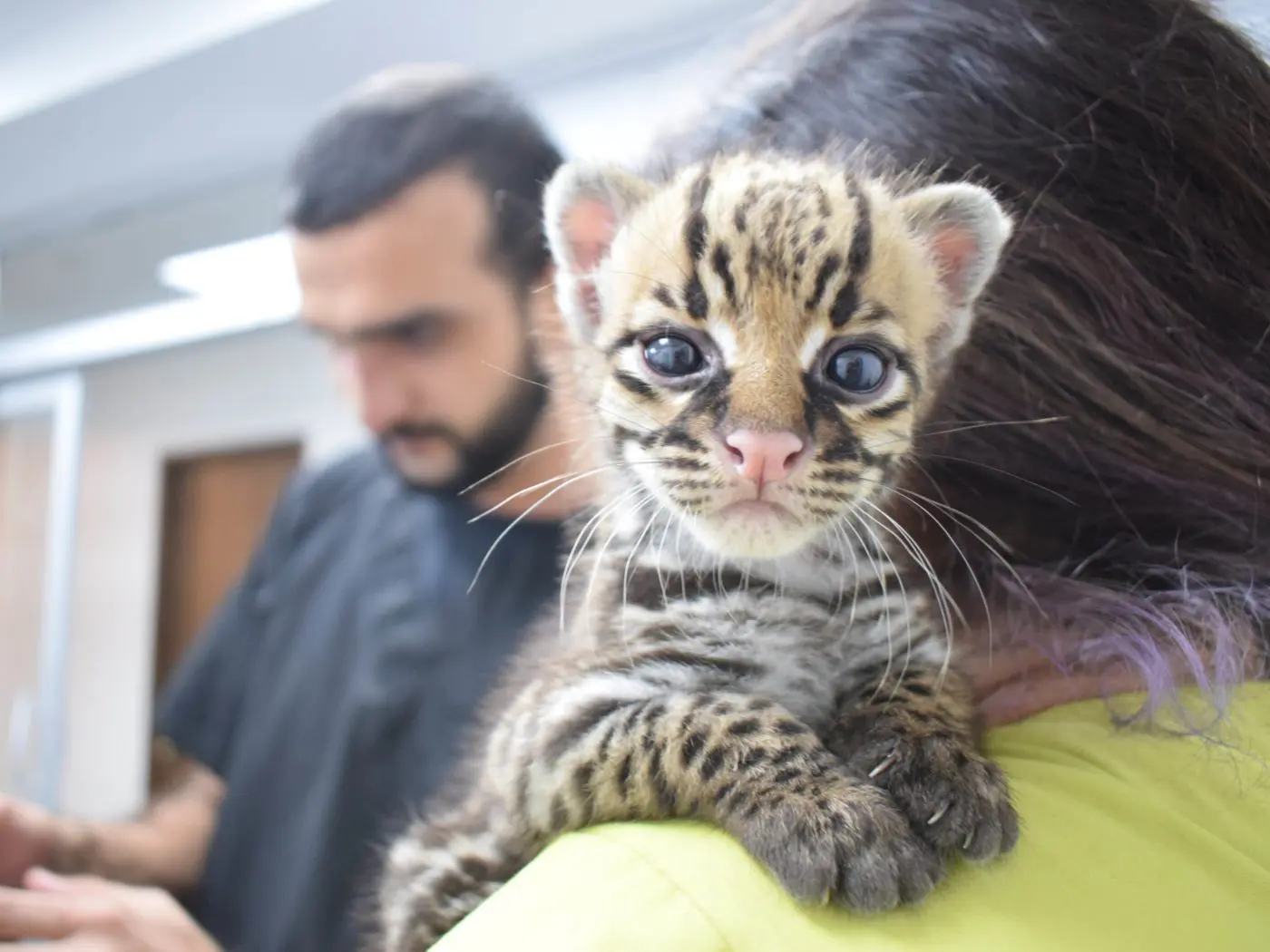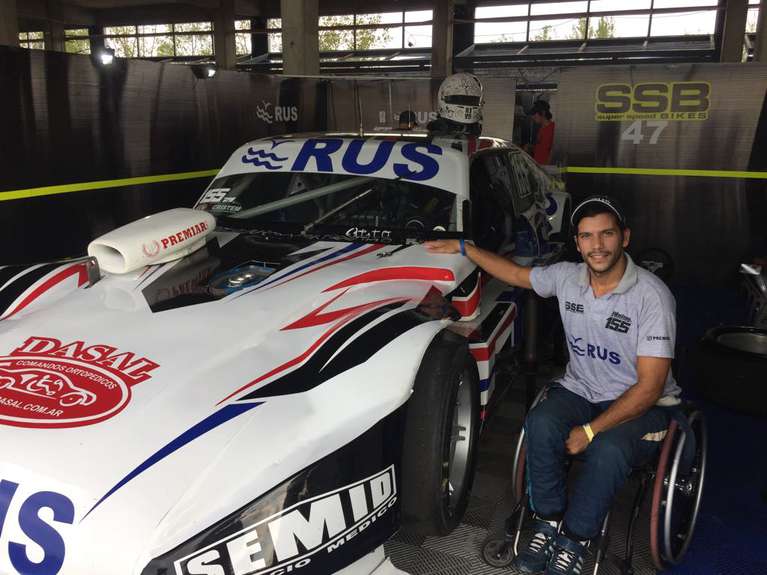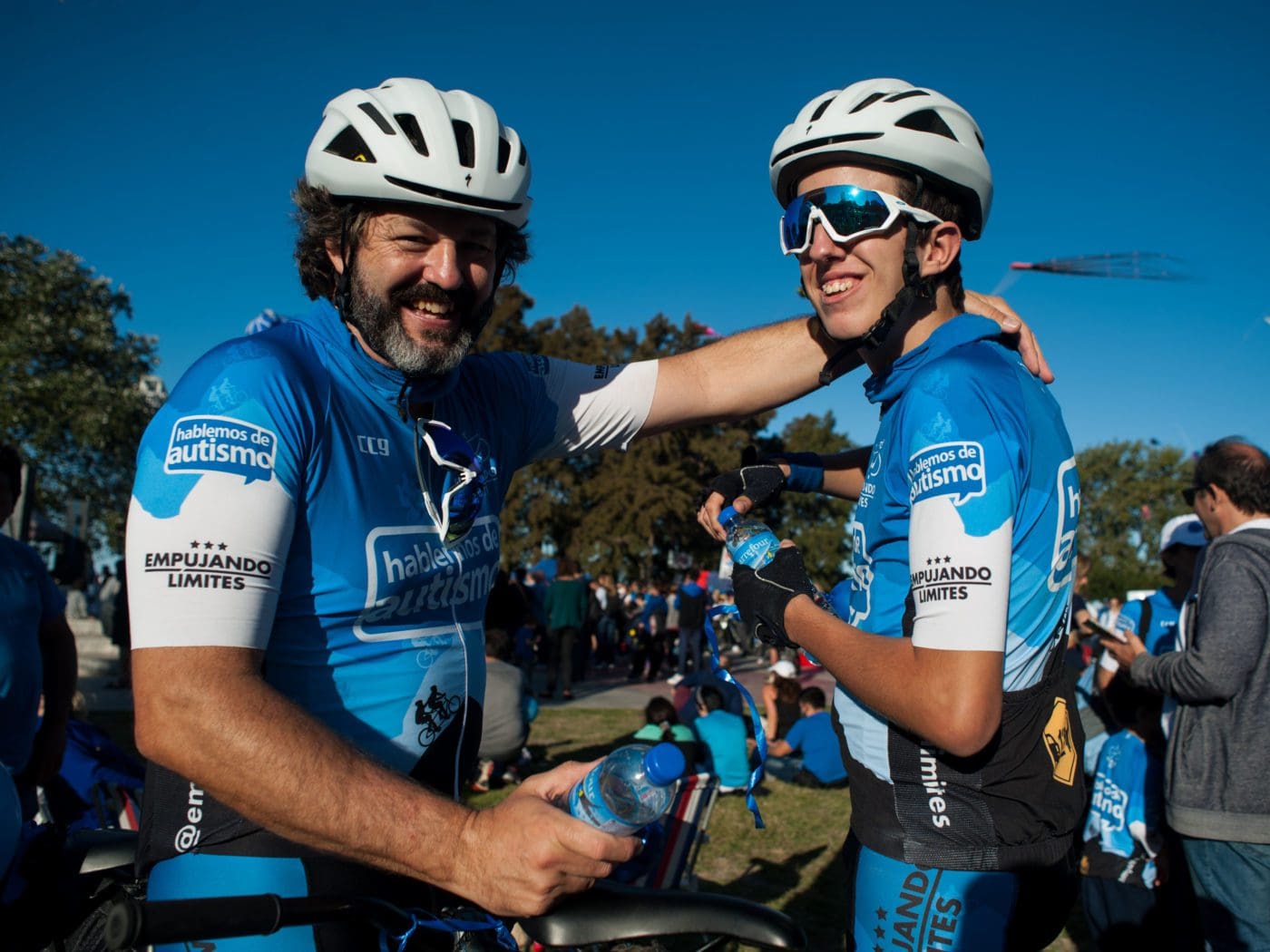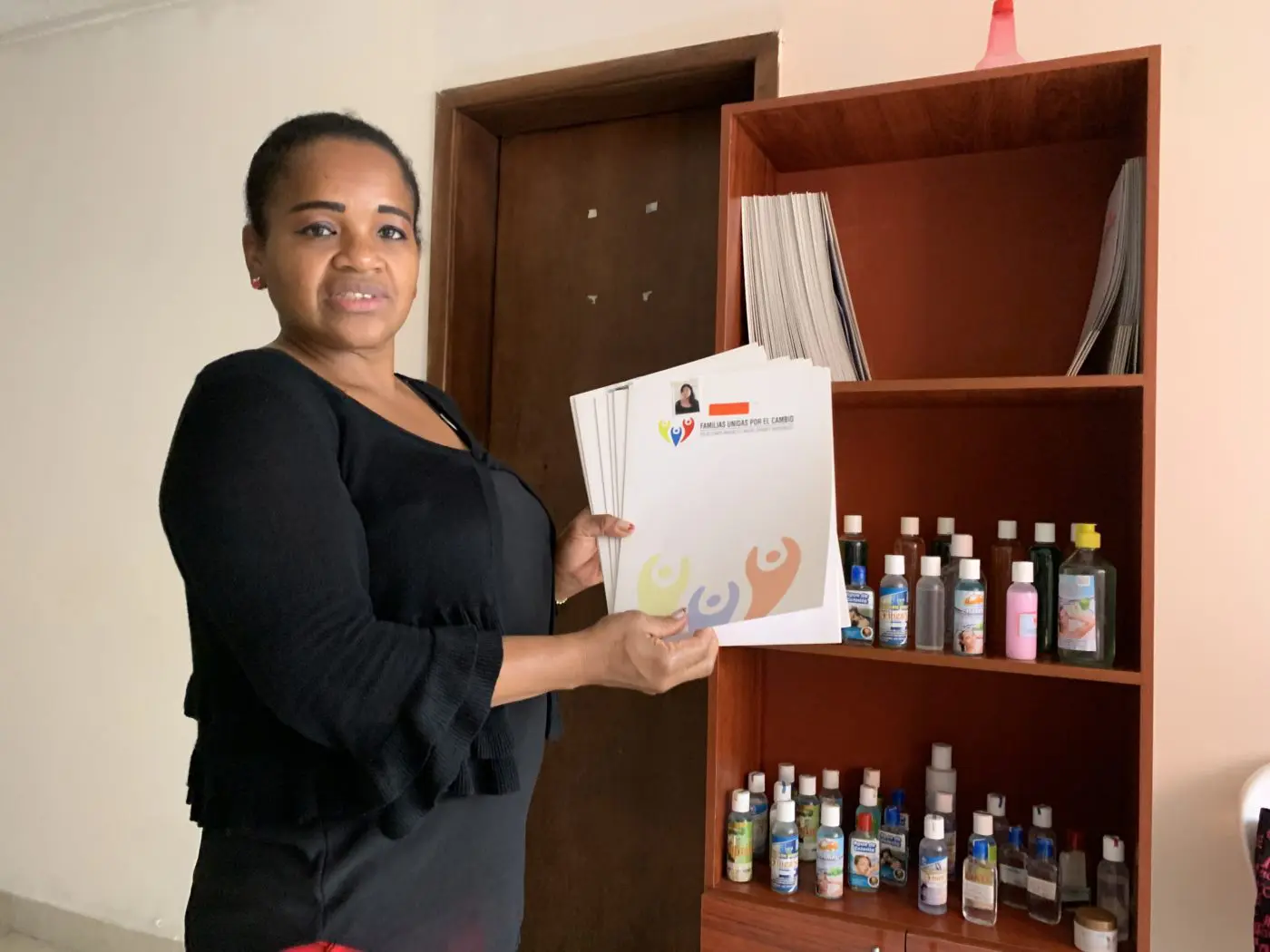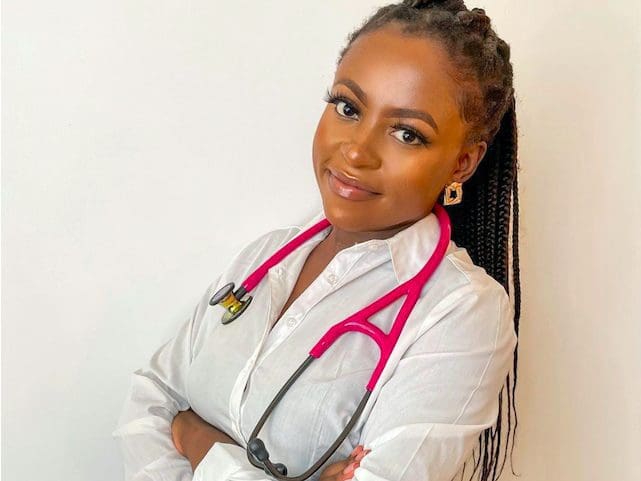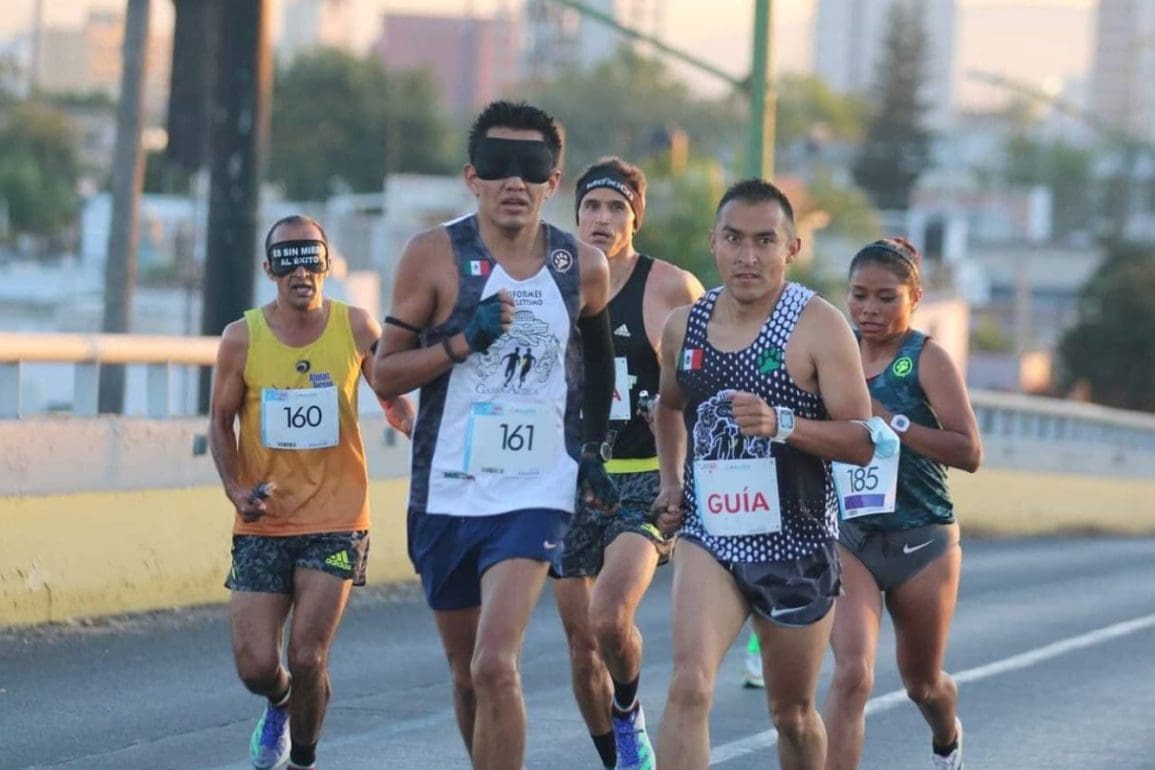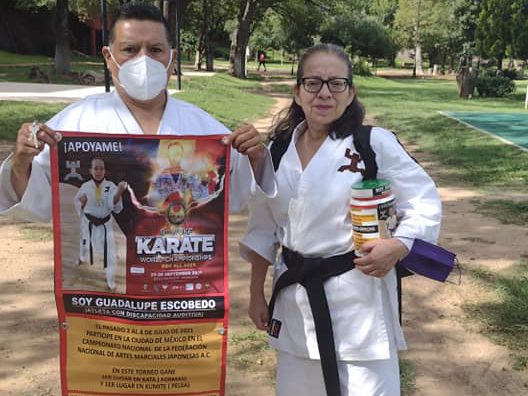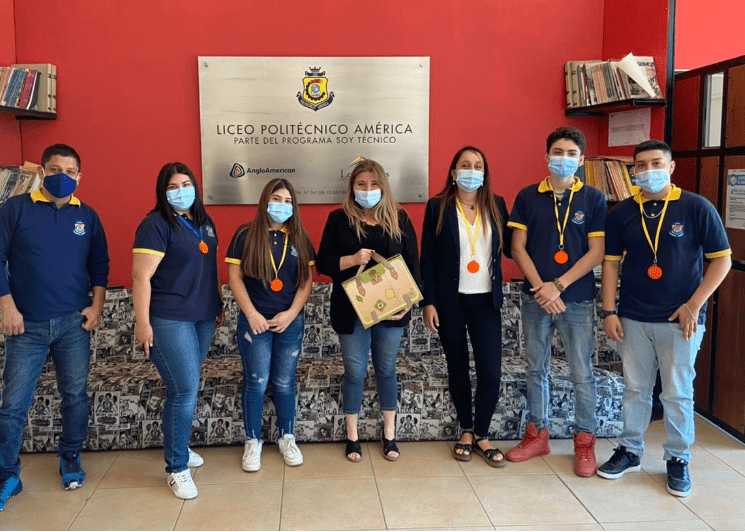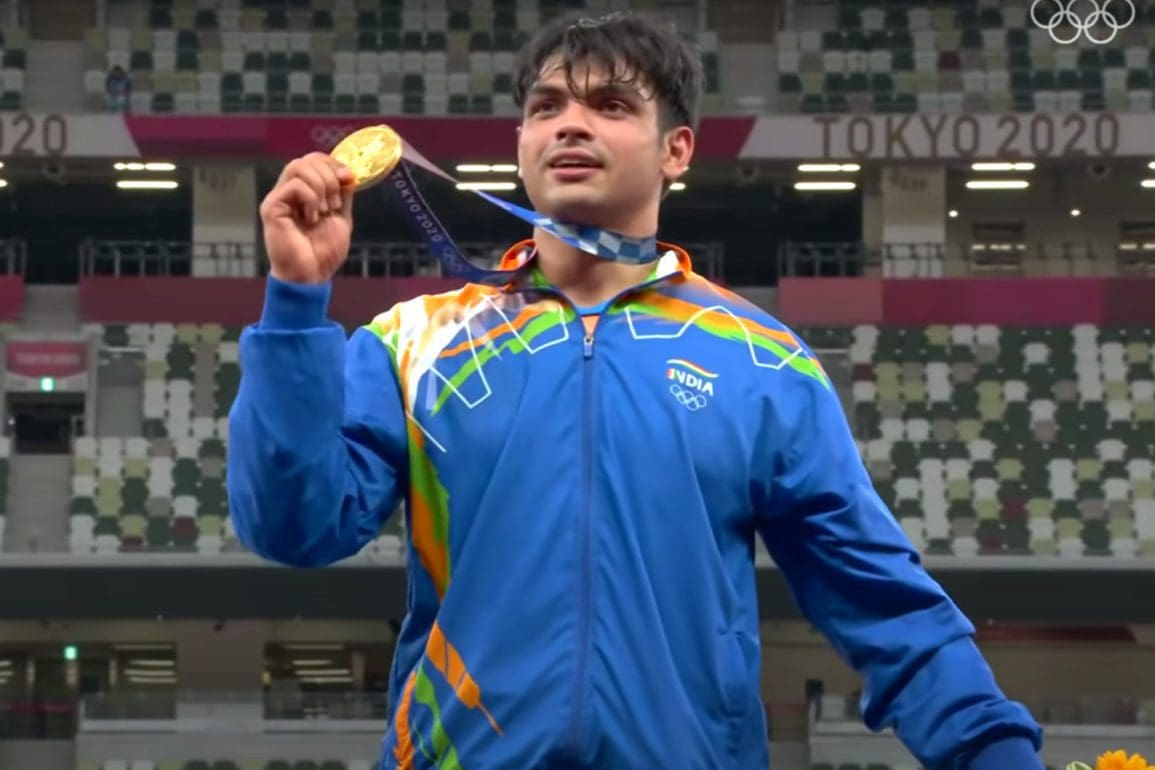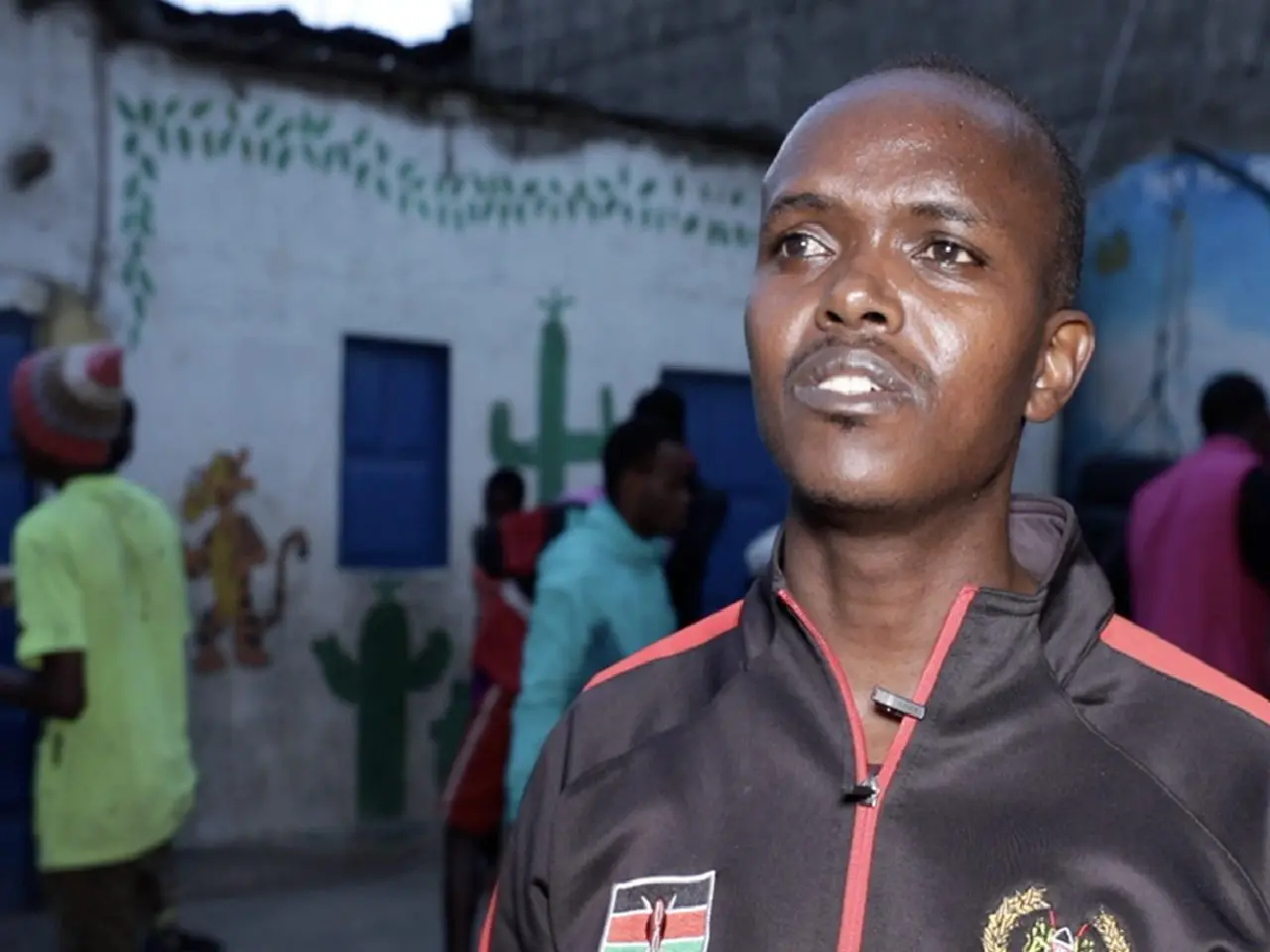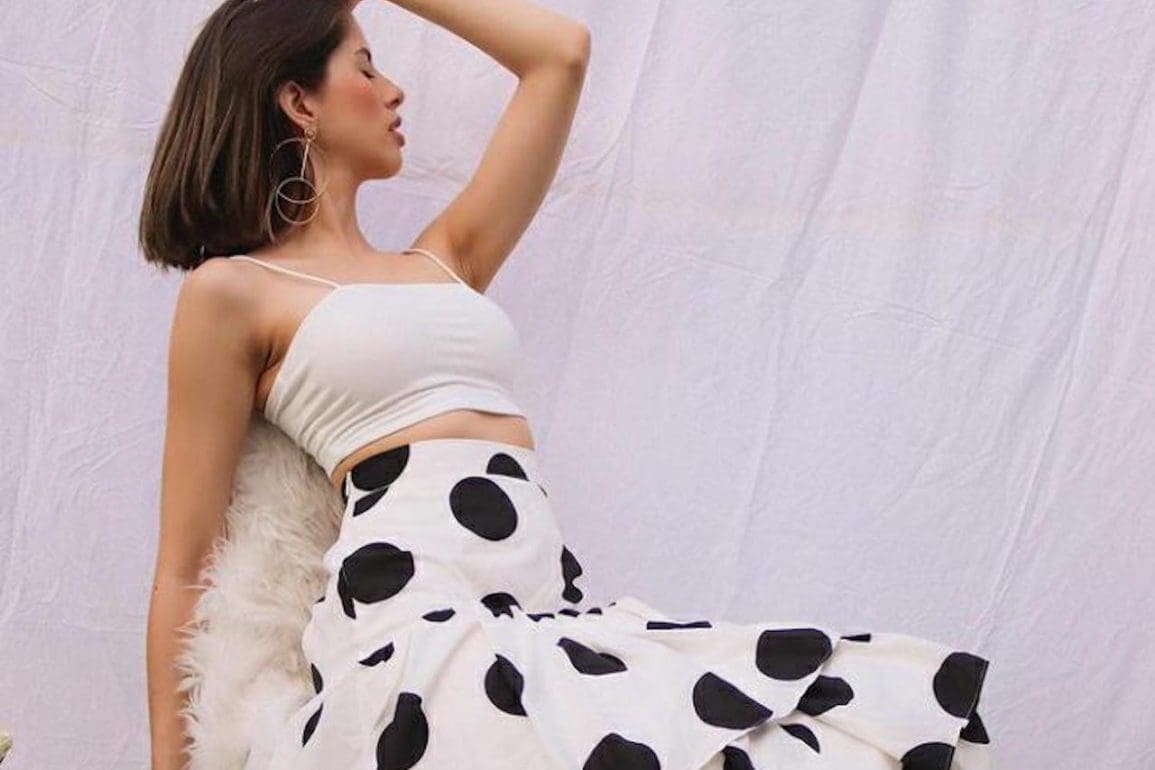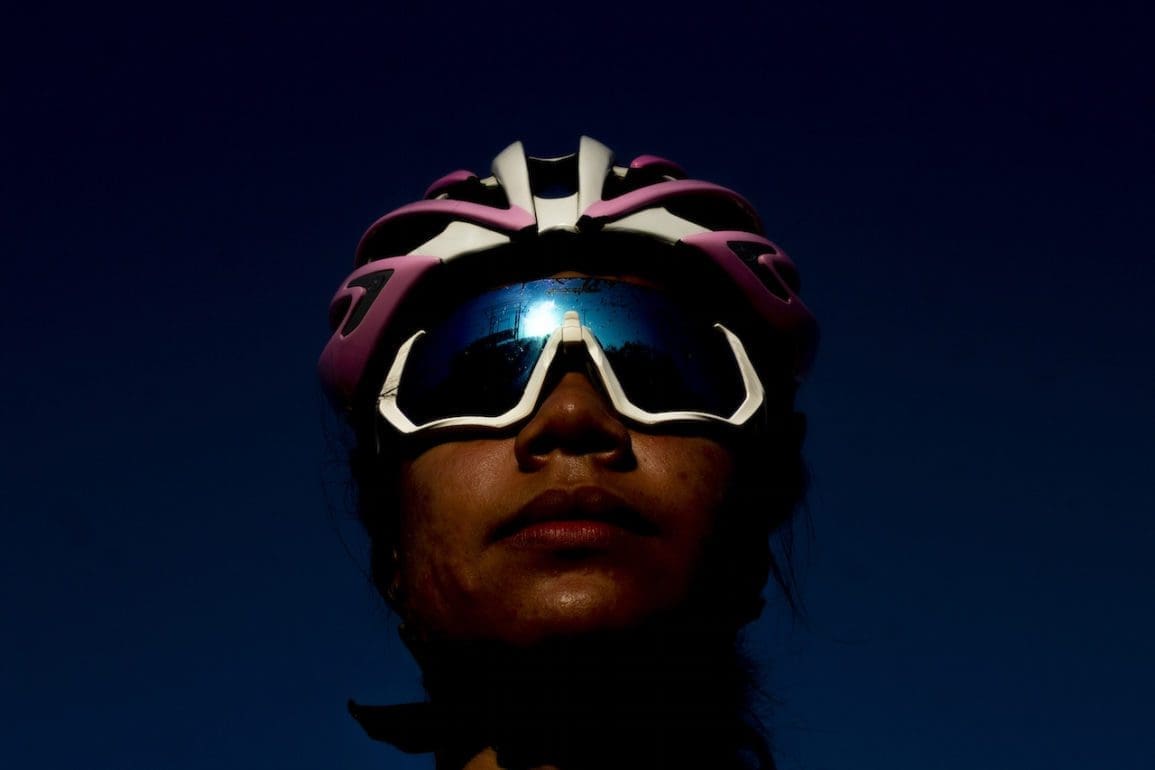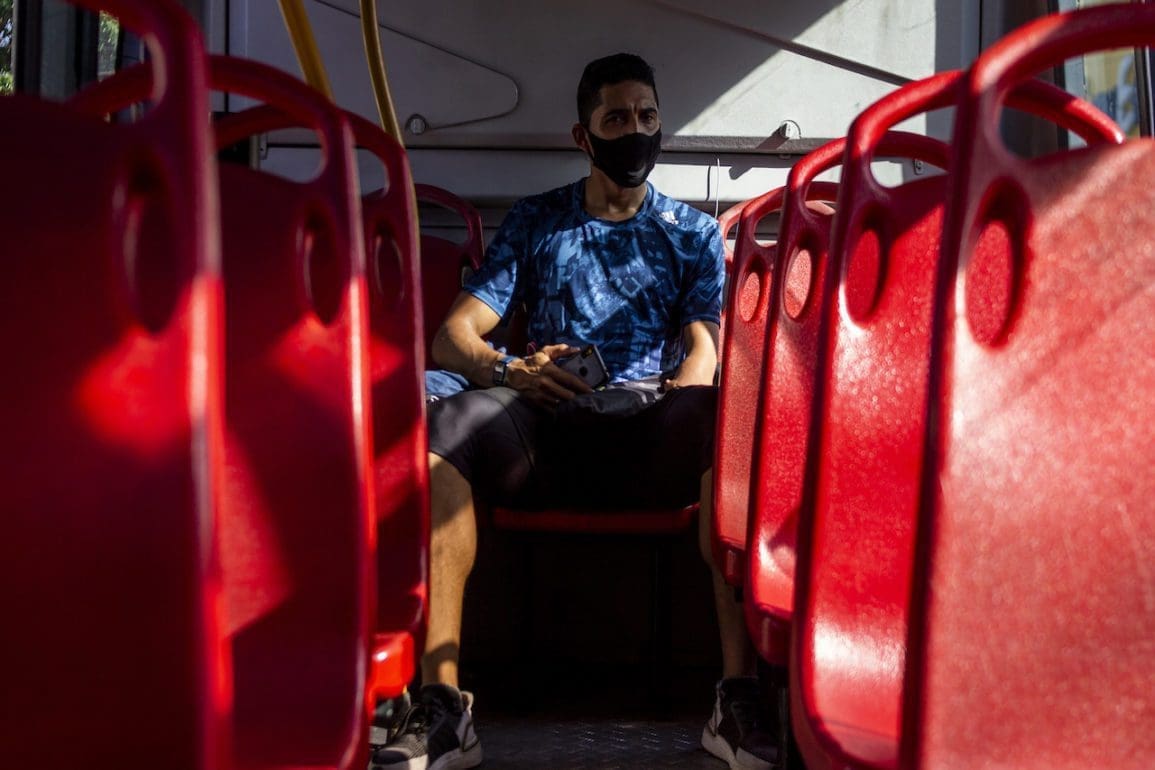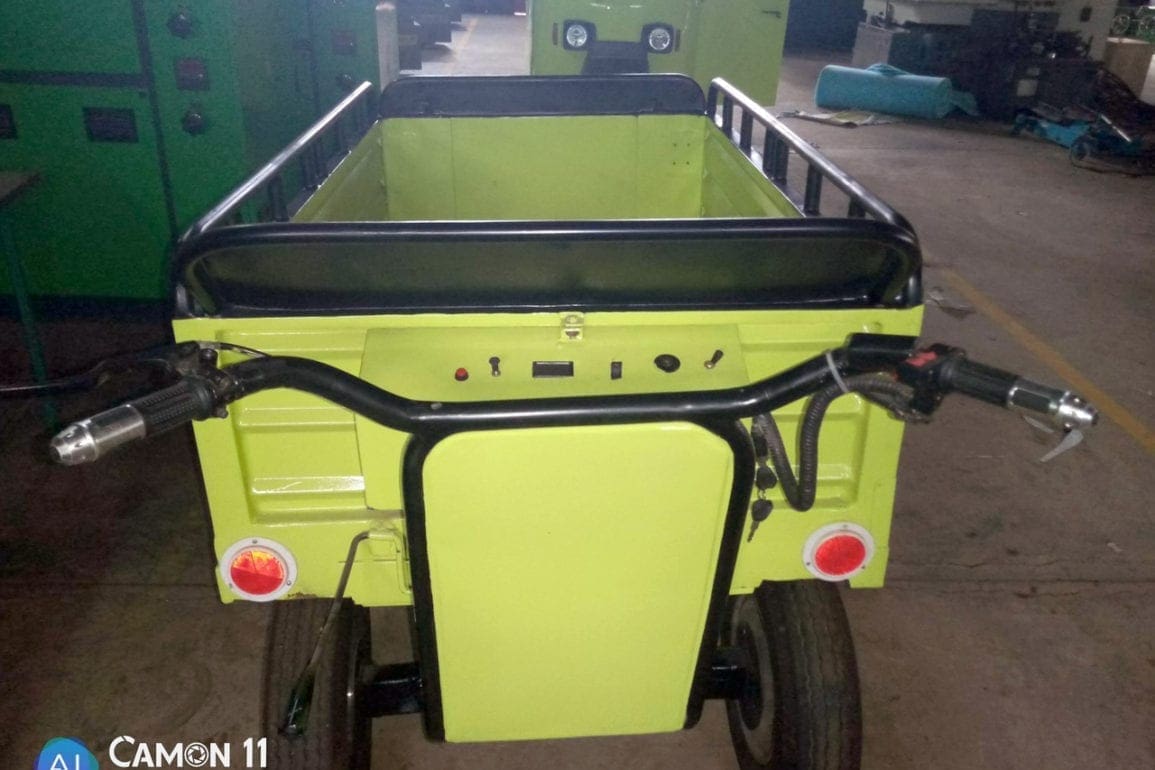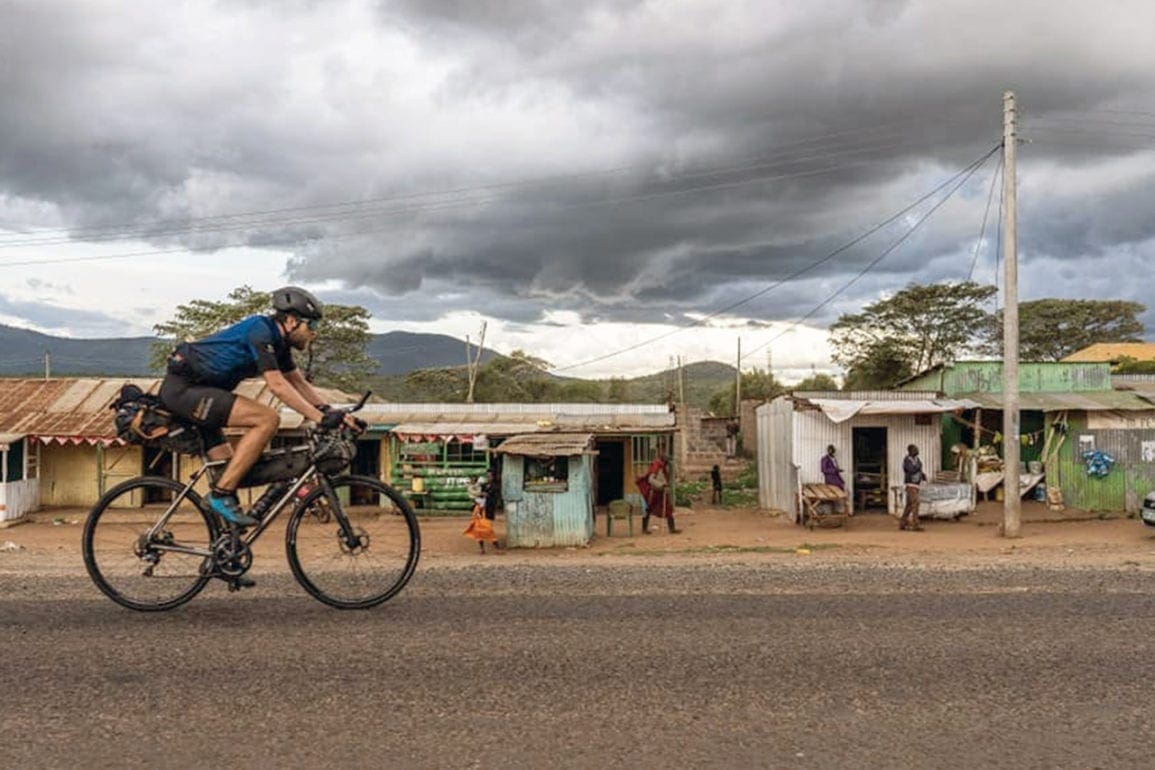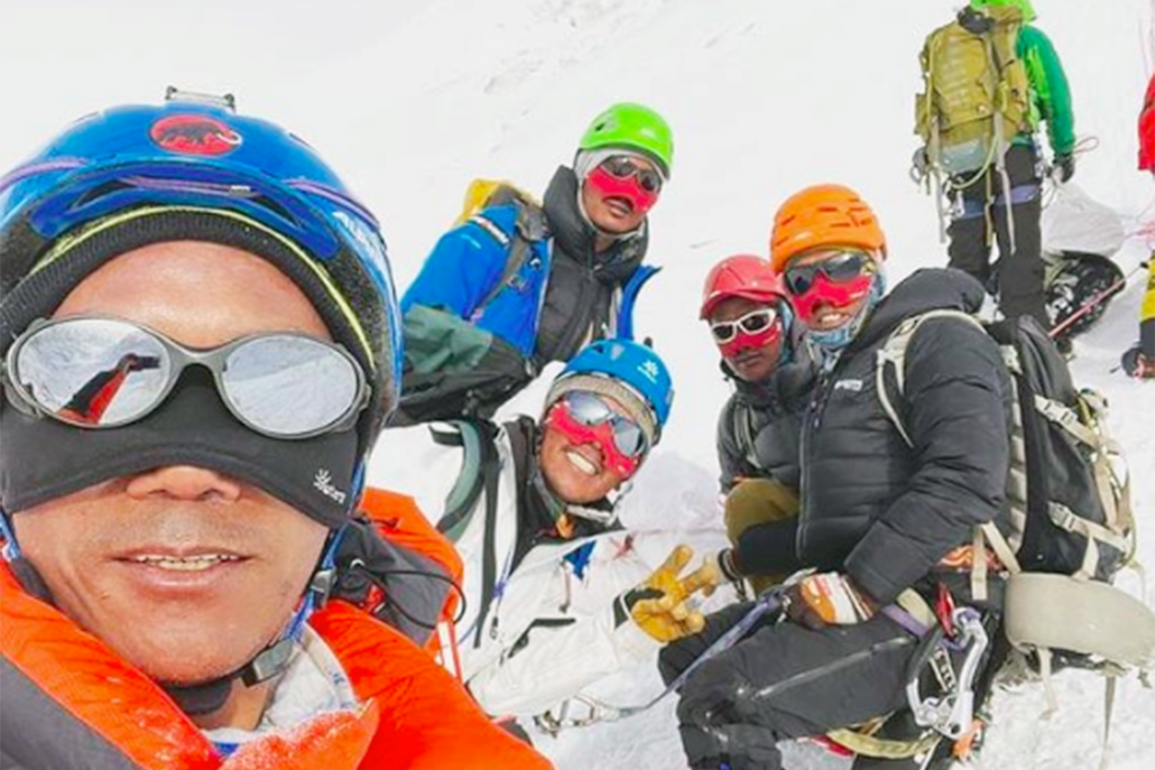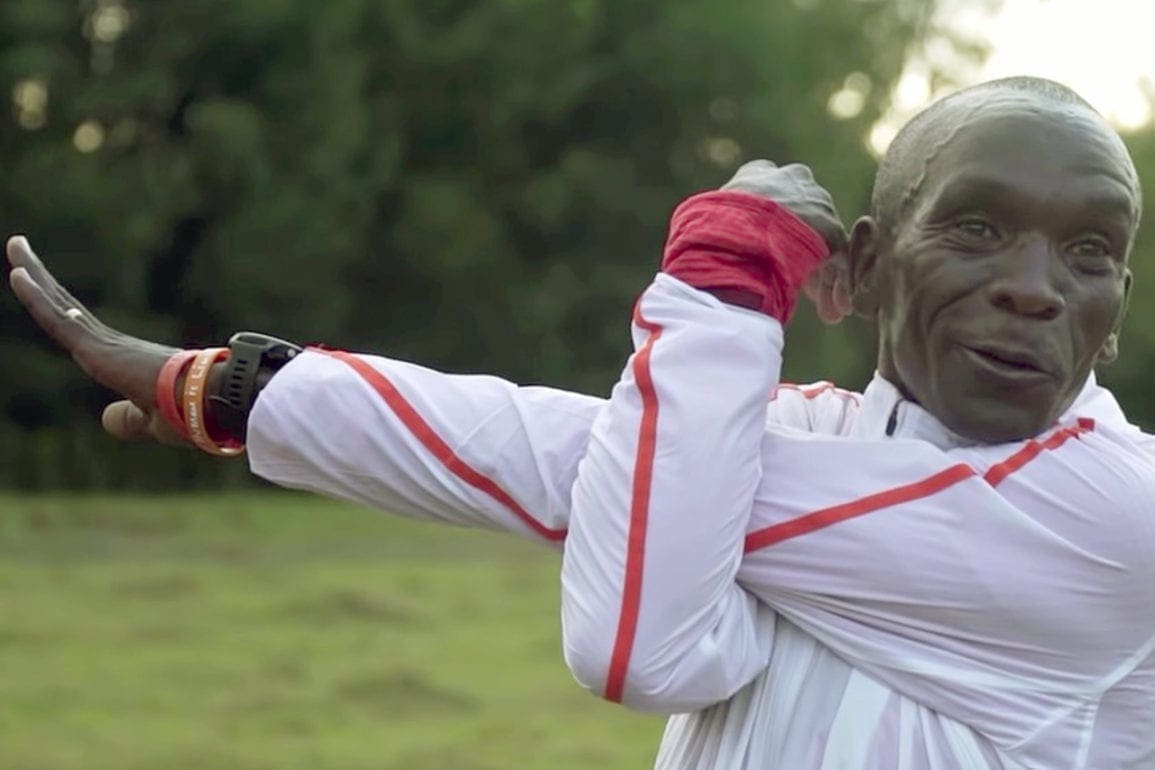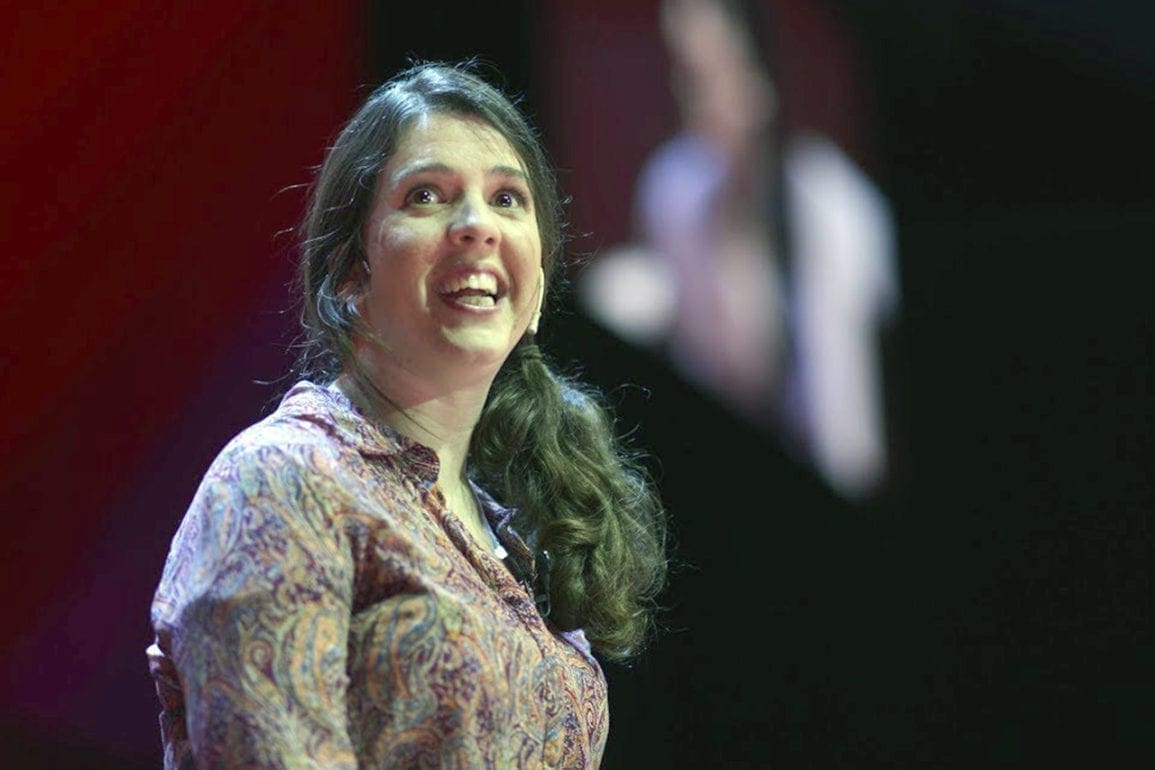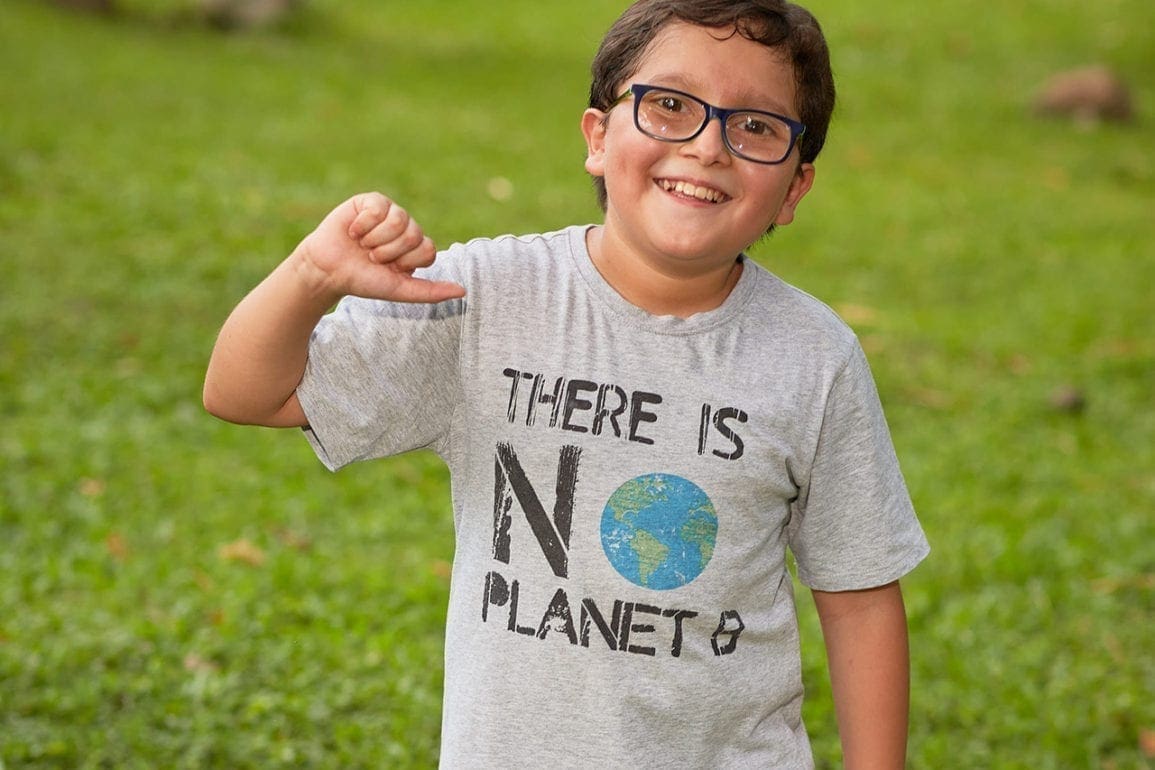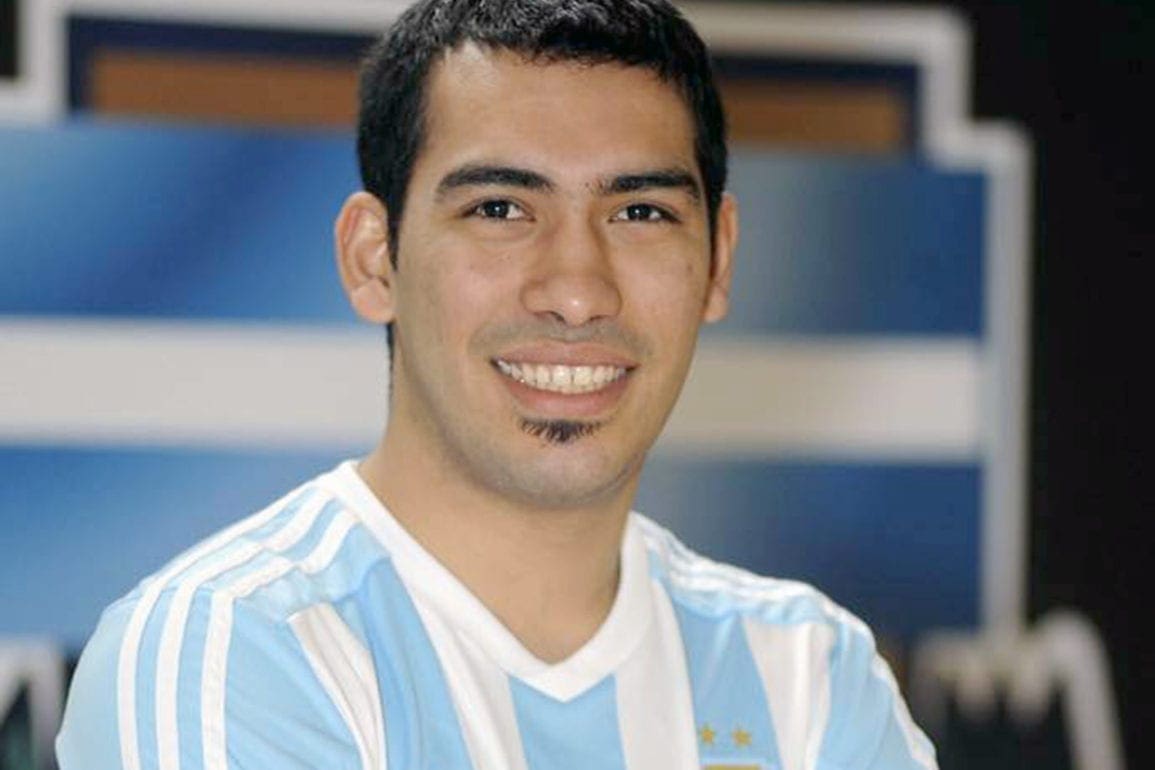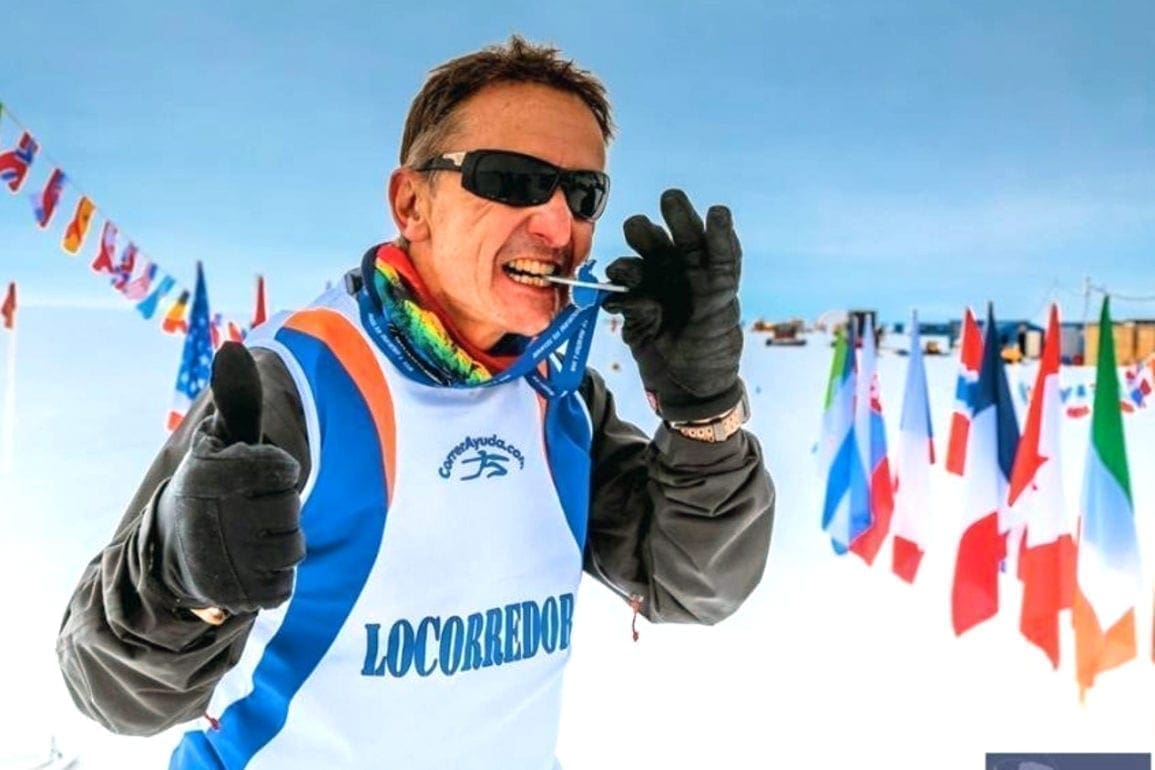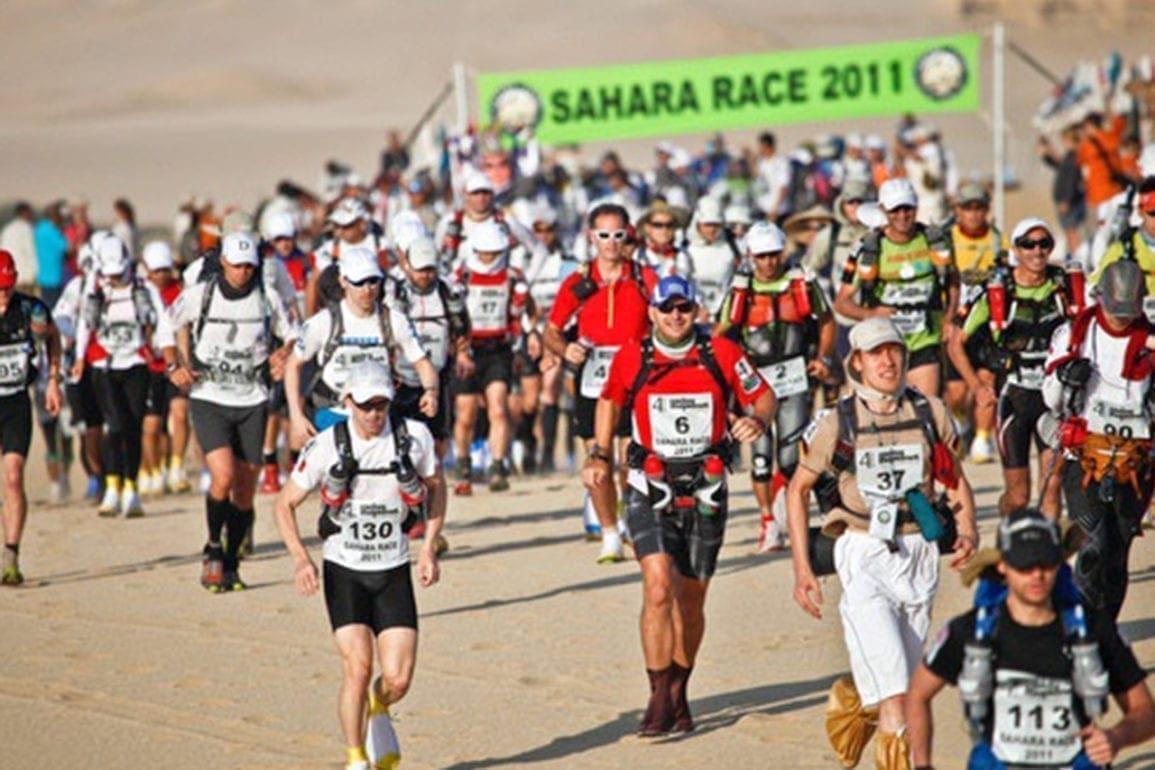Paralympic hopeful models perseverance and power
Many think that disability is the end of everything when in reality, it is the other way around: it is the beginning of something better.
- 3 years ago
April 27, 2021

I don’t know what it feels like to walk, so I don’t miss it.
I’ve spent my life in a wheelchair.
Many times I have wondered why I couldn’t walk or what I would have done to deserve it, but I chose to pursue my dreams regardless of my physical limitation.
Today I’m a model, and I’m training to represent my country in the Paralympics of Tokyo 2021.
Living the life
I was born with myelomeningocele.
I chose not to blame myself, and I prefer to live freely and without burdens.
My spine did not form the way it should, so I was never able to walk.
Doctors recognized the abnormality within a few days of my coming into the world.
Maybe that’s why it doesn’t hurt so much not to move with my legs.
How can I regret something that I can’t describe?
The beginnings
I chose to pursue my dreams regardless of my physical limitation.
Perhaps that sets me apart from the rest.
From a very young age, my parents put me in a pool. That was my refuge among so many surgeries.
After each intervention, I suffered acute physical pain that became unbearable.
I couldn’t sleep.
The pain was followed by helpless crying. I couldn’t understand what was happening.
Escape to the water
When I was eight years old, I noticed that swimming gave meaning to my days.
It was my escape from so much pain and worry. Water was where I wanted to be.
Many think that disability is the end of everything when in reality, it is the other way around: it is the beginning of something better.
Both my family and my coaches encouraged me to compete.
It went so well for me that at age 16, I began to travel the world representing Argentina.
My adolescence was the same as any other boy’s: wonderful.
When I returned from travel, I balanced training with high school.
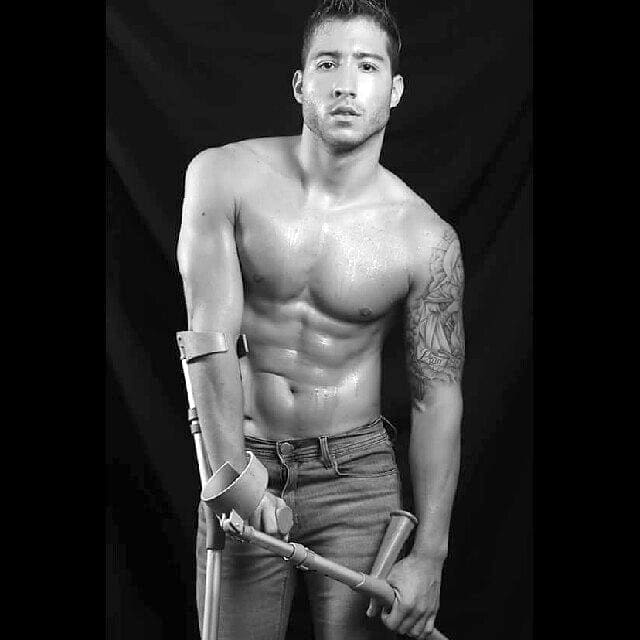
Water, my best therapy
While contesting the qualification for the Paralympics in Rio, my mother was battling cancer.
Though she was suffering she urged me to go.
I was a second from first place qualifying, in a solid position, which allowed me to spend more time with her.
Months later, she passed away, and I promised to do the best I could.
From that moment, the water became my saviour.
I trained even harder every day, and I am preparing to embrace my dream of qualifying for Tokyo 2021.

Debunking myths
My other passion is fashion.
Who would predict that someone in a wheelchair would be on a magazine cover?
Years ago, it was unthinkable.
During my adolescence, I sent several photos to modeling agencies, and I was very patient, waiting for answers.
In 2017, I had my first fashion show, and now I am about to launch my clothing collection.
The catwalk is like being in the water. There I also feel full, where I belong, where I flow.
I know firsthand the difficulties people in wheelchairs face when it comes to dressing. It is difficult to get clothes that we like and identify us.
Not many have the independence over their bodies to dress.
Function over form
In general, many end up wearing clothes that are functional to them but not that represent them.
The idea is to adapt these garments to make them easier to wear.
Some say that I am an example to follow but I do not consider it that way. I’m just one of the bunch.
The difference is that I have clear objectives and that I do everything with love.
When I propose something, no one can convince me that I will not achieve it.
The only “no” that I accept is not being able to walk by myself, but that I cannot change.
The rest is in my hands and up to me, so no one will convince me otherwise.
I will continue working to create awareness and visibility for those of us who have limited physical conditions.
